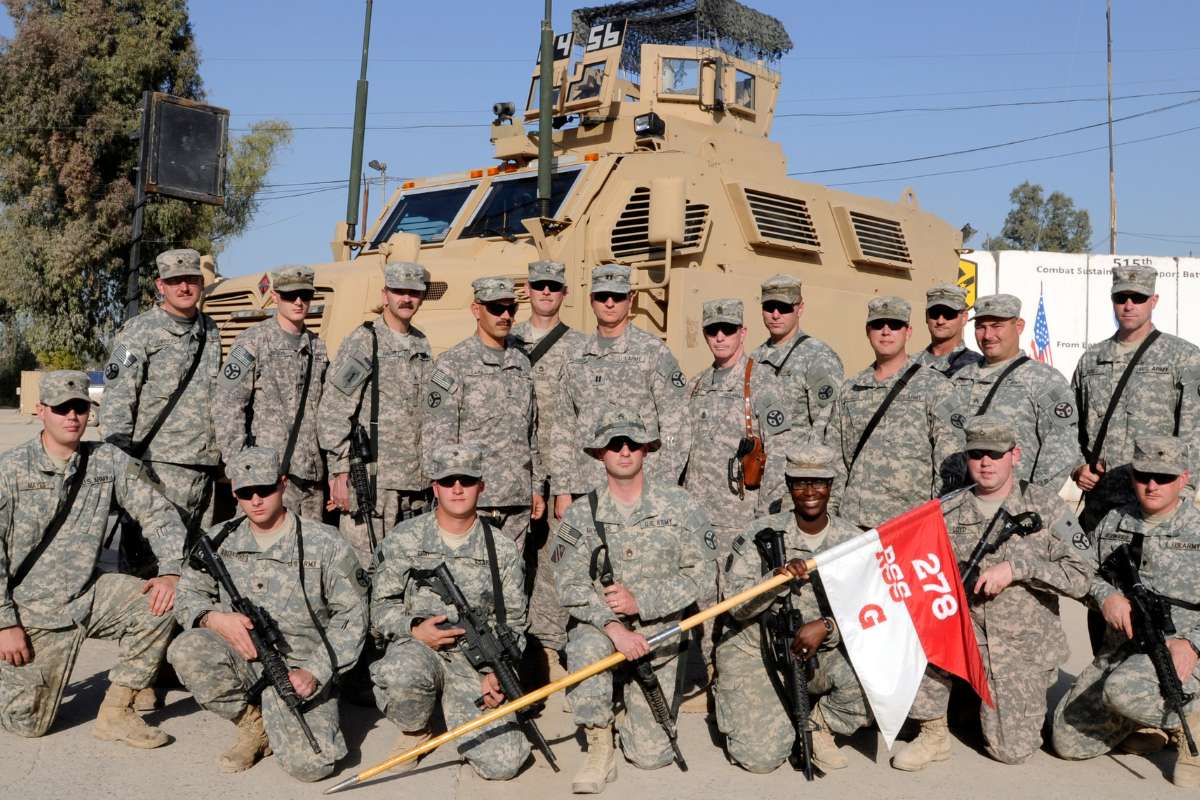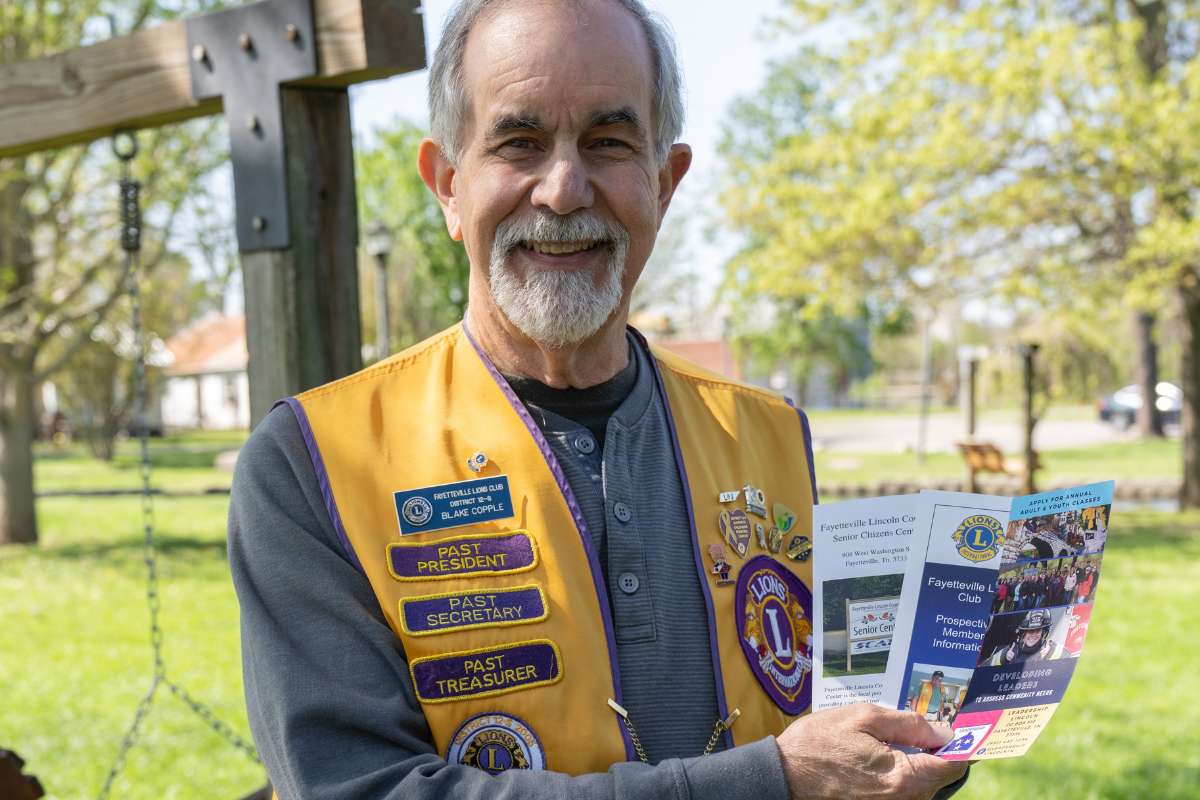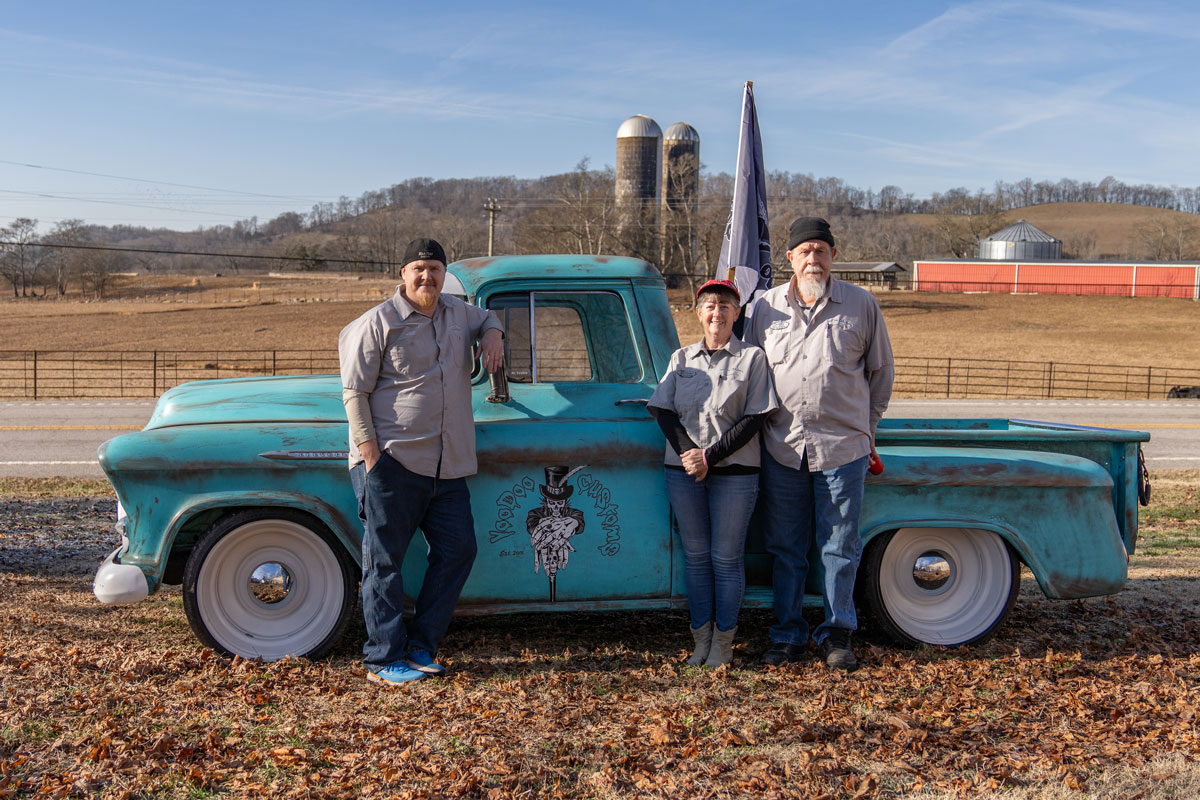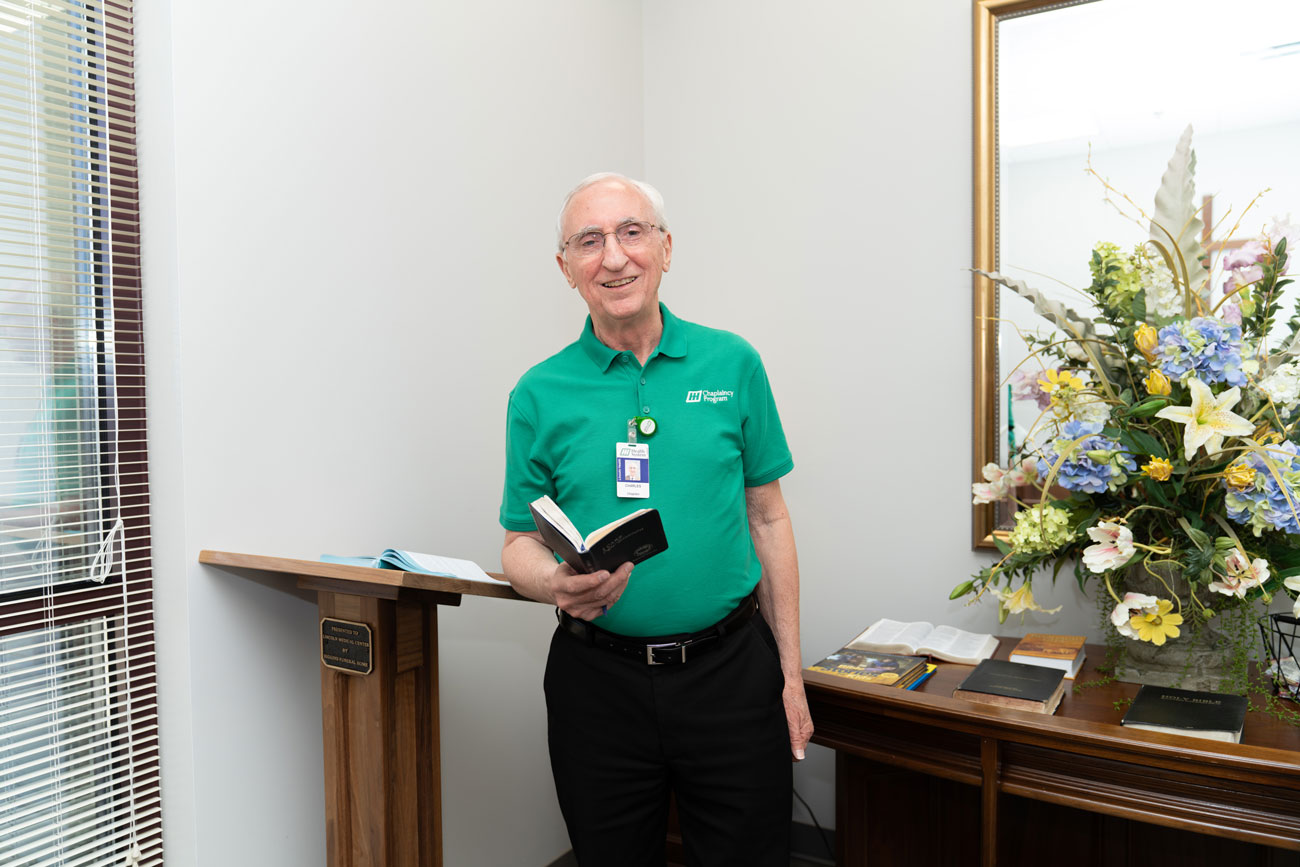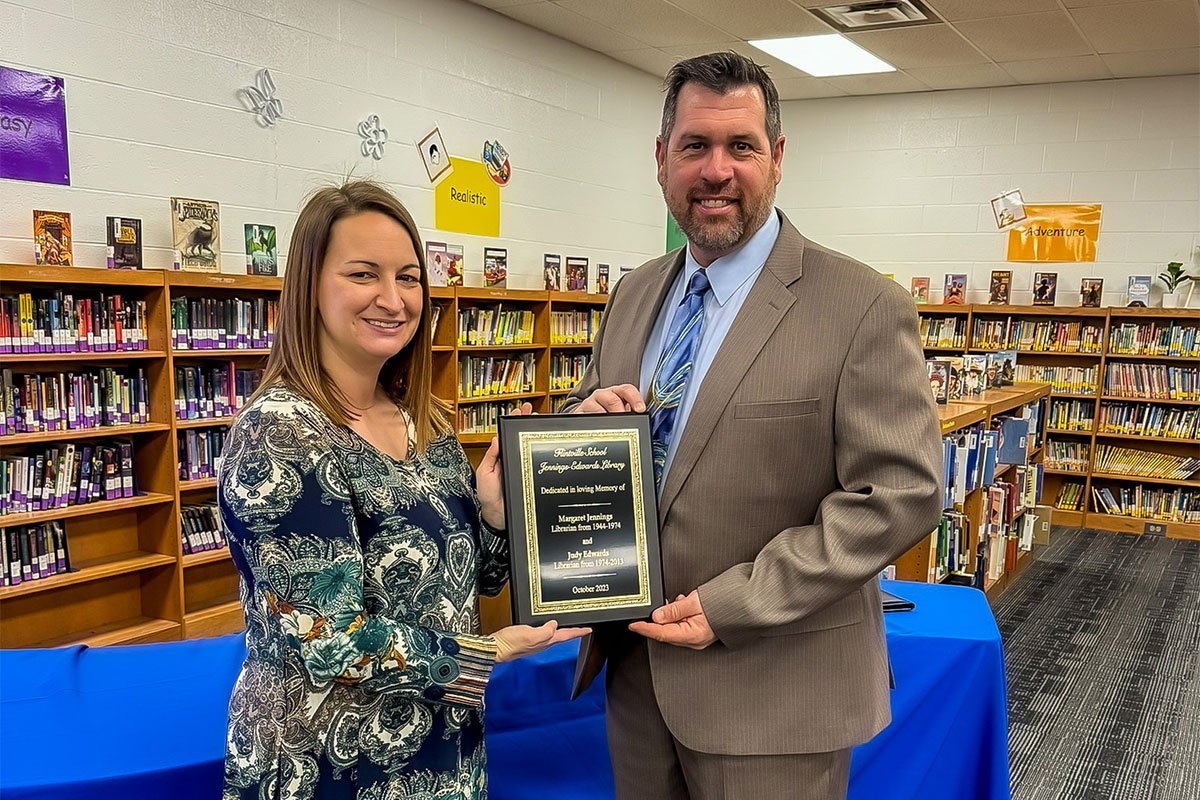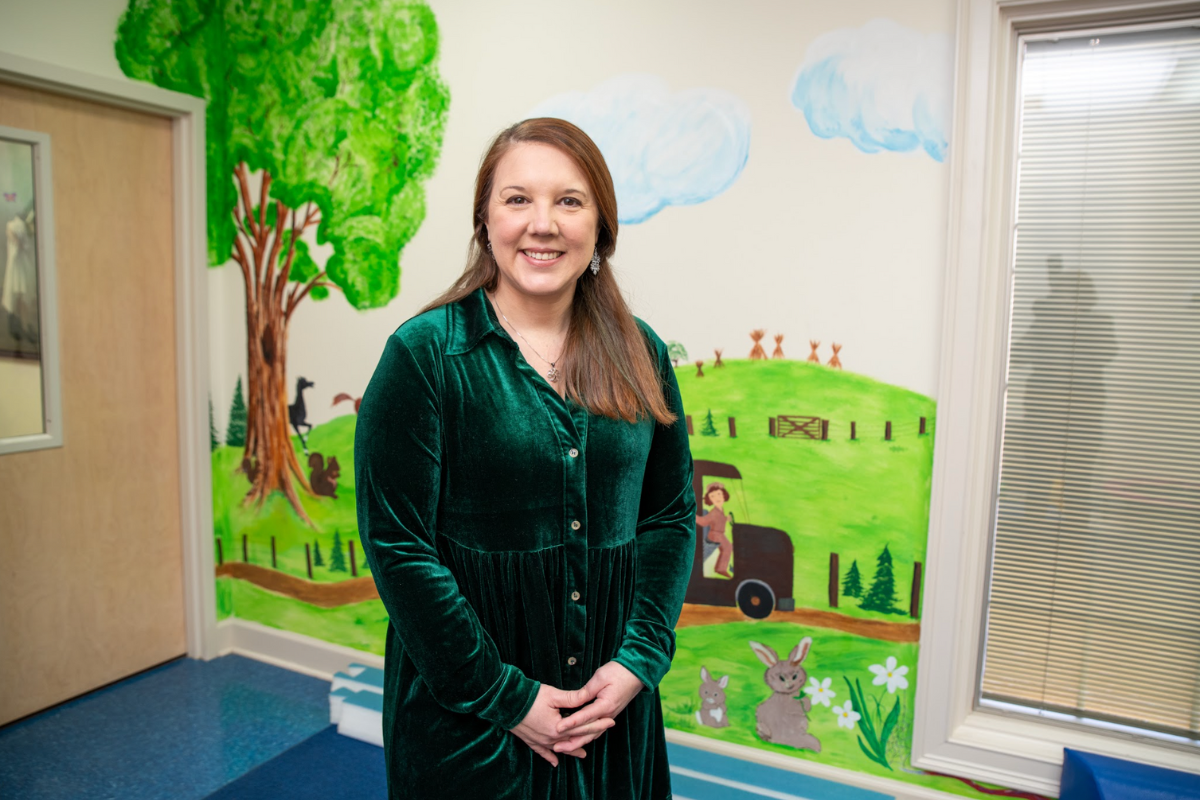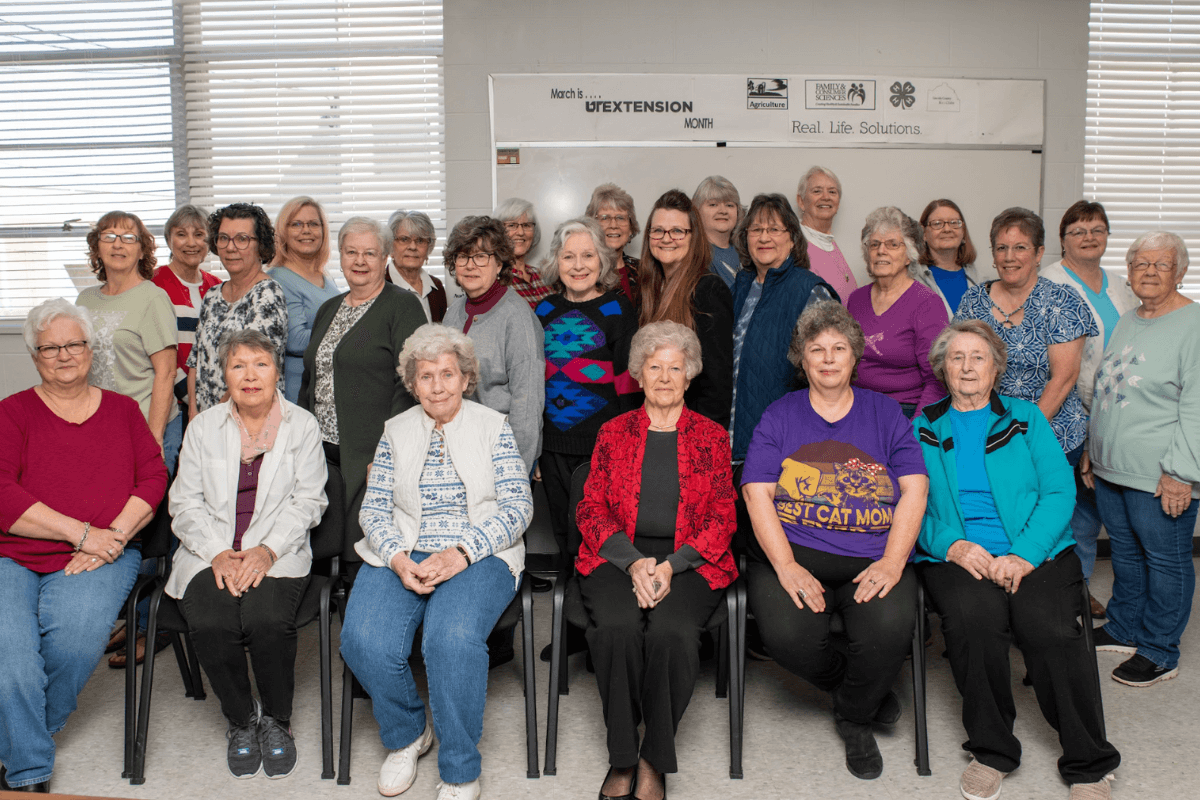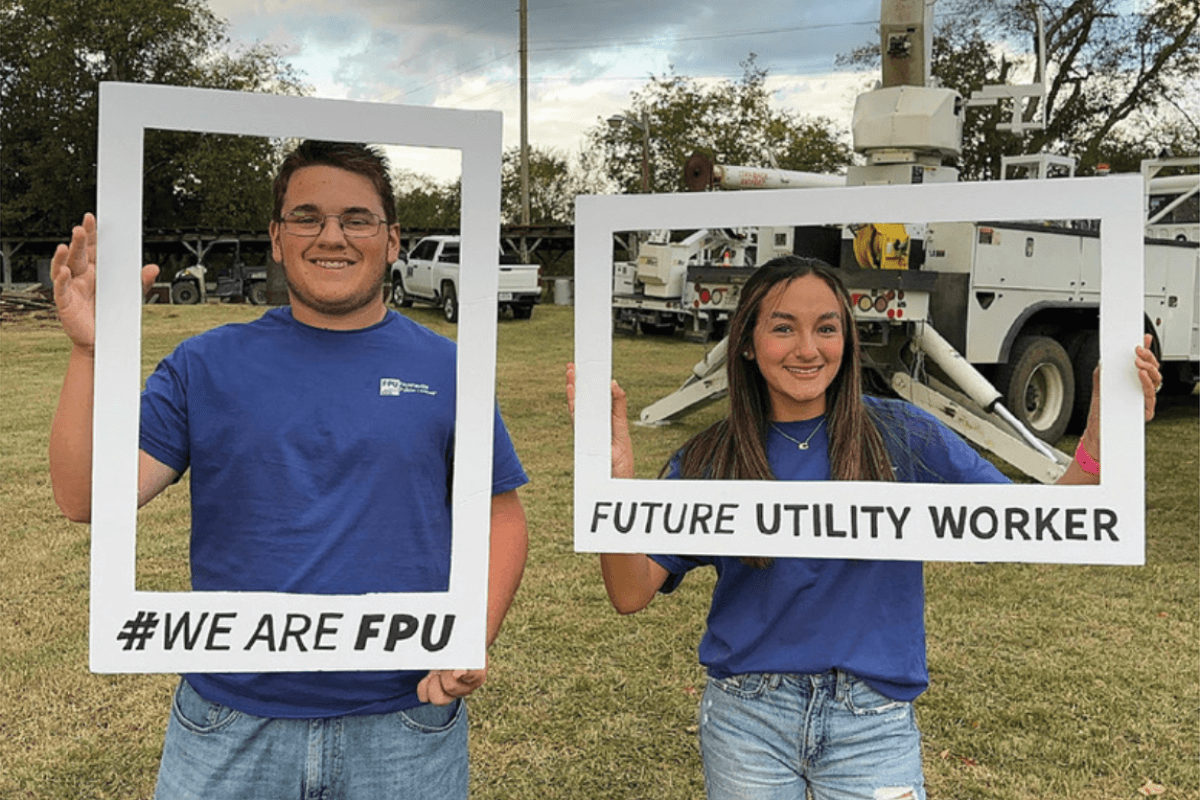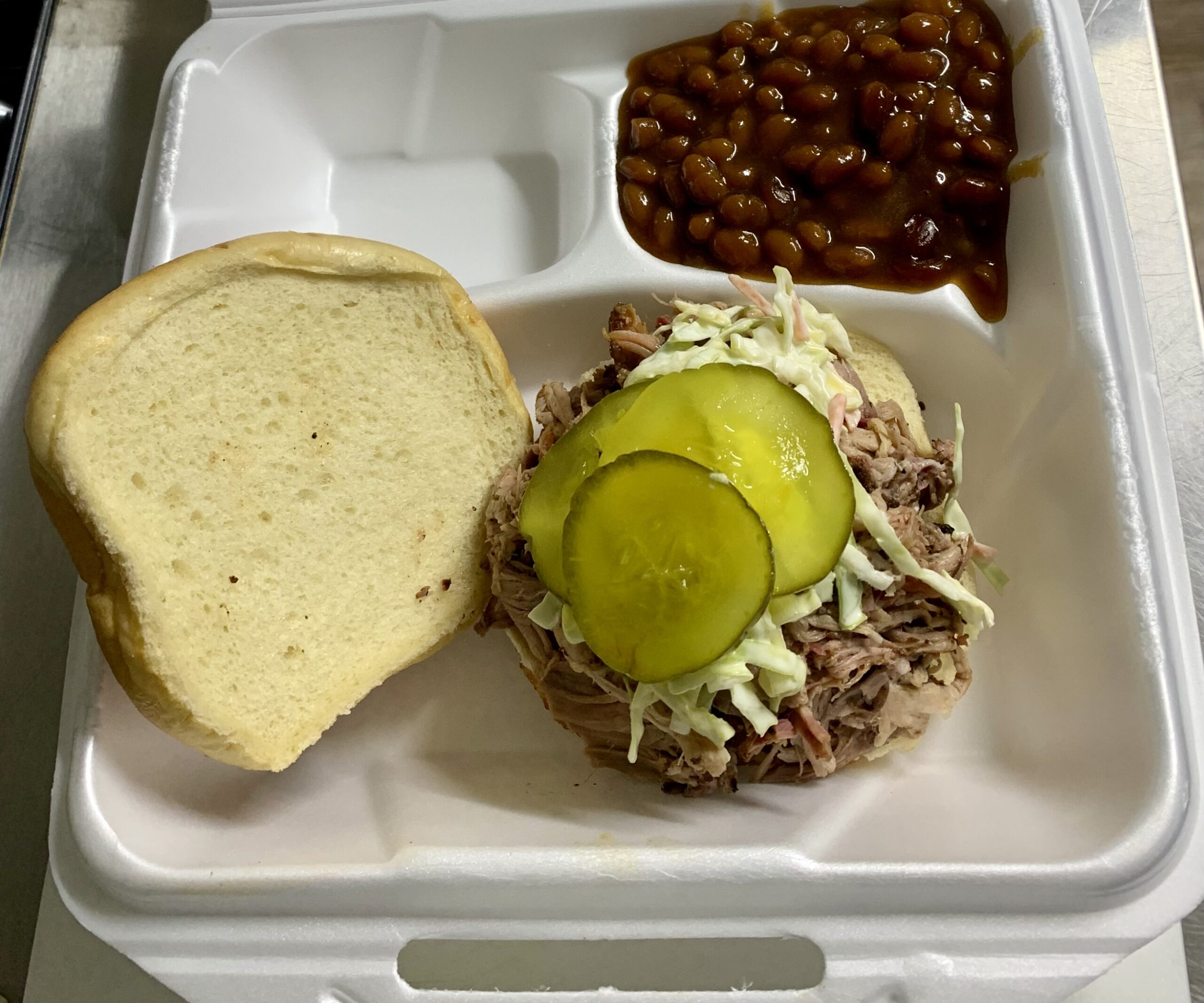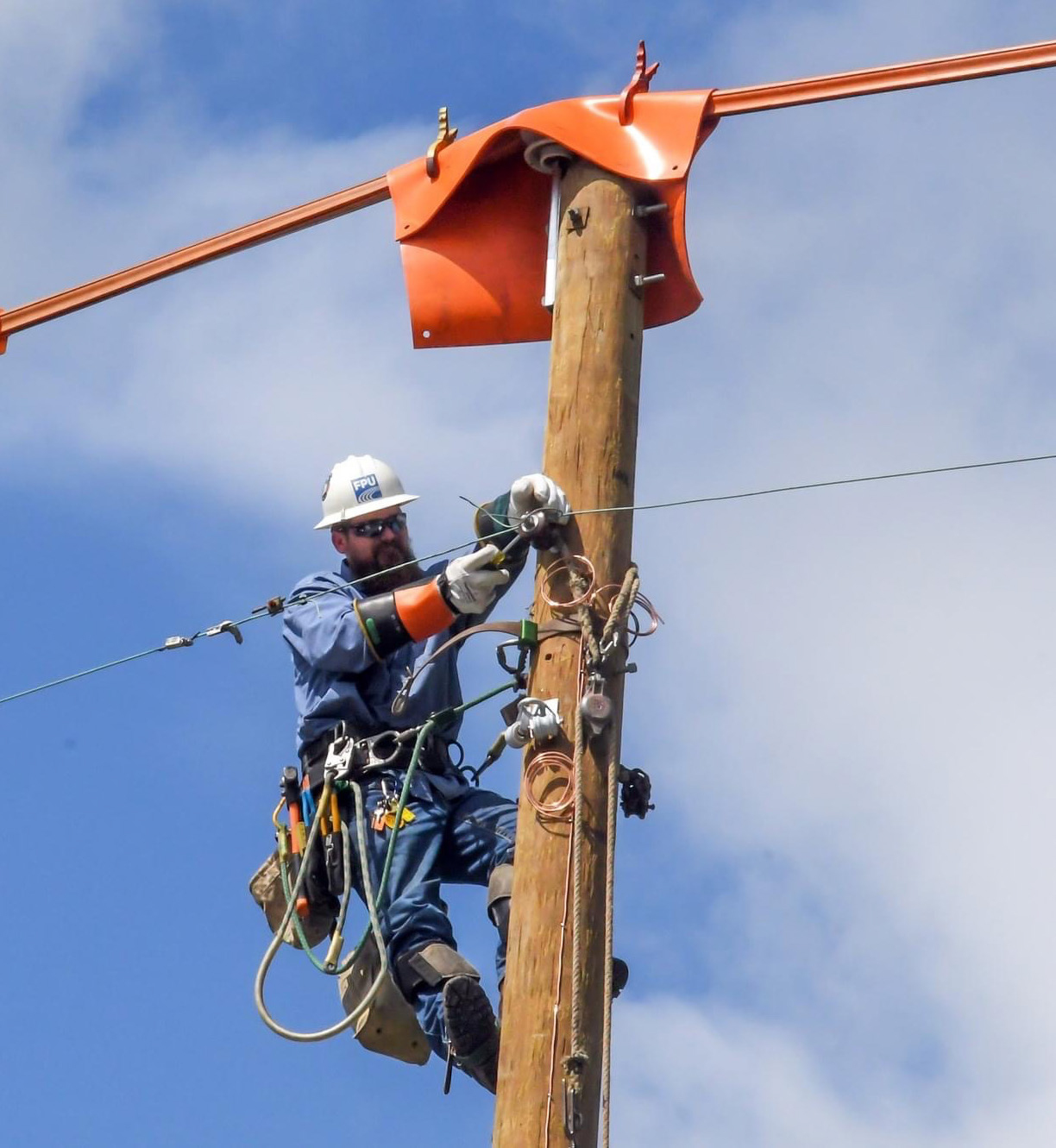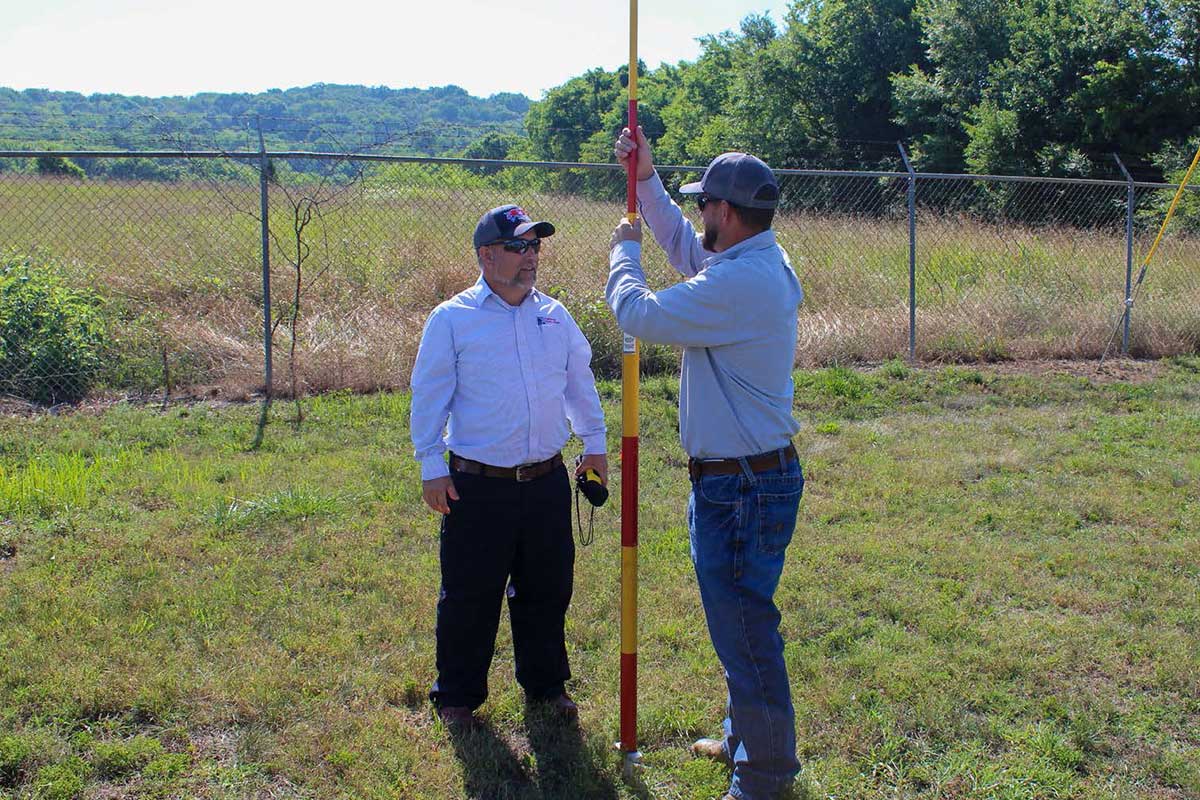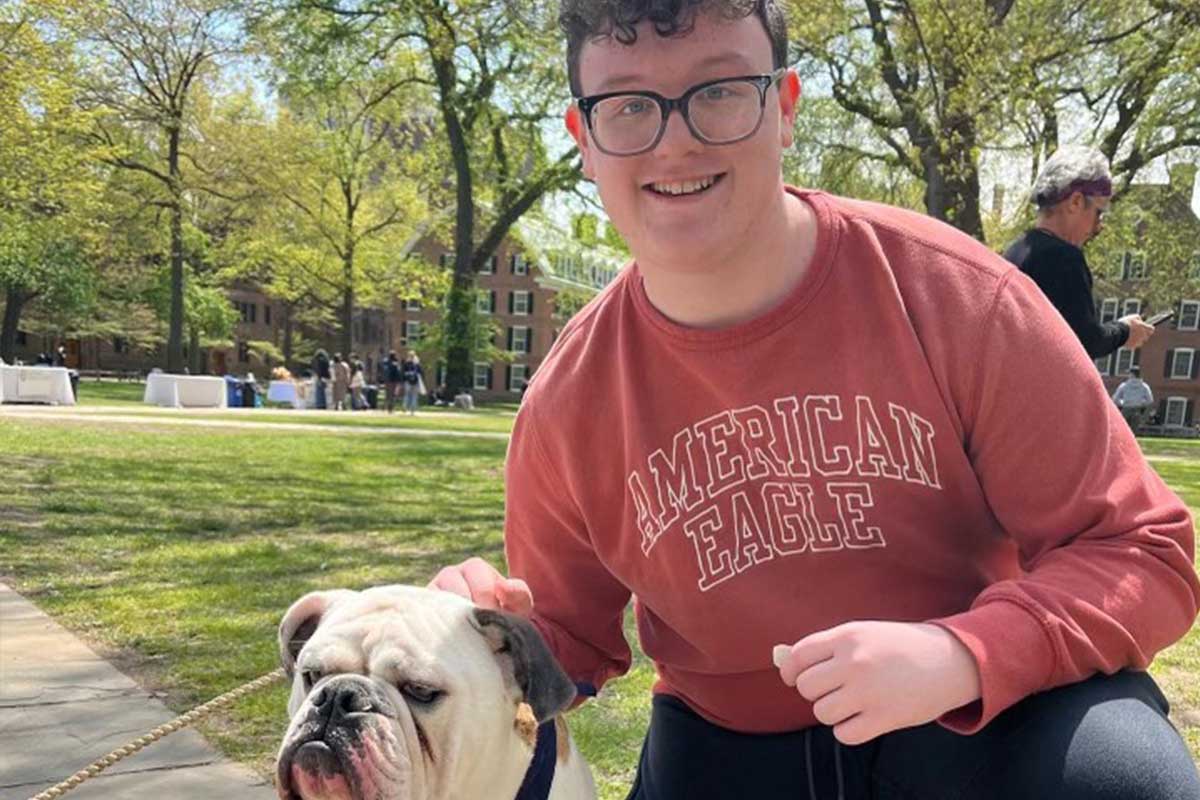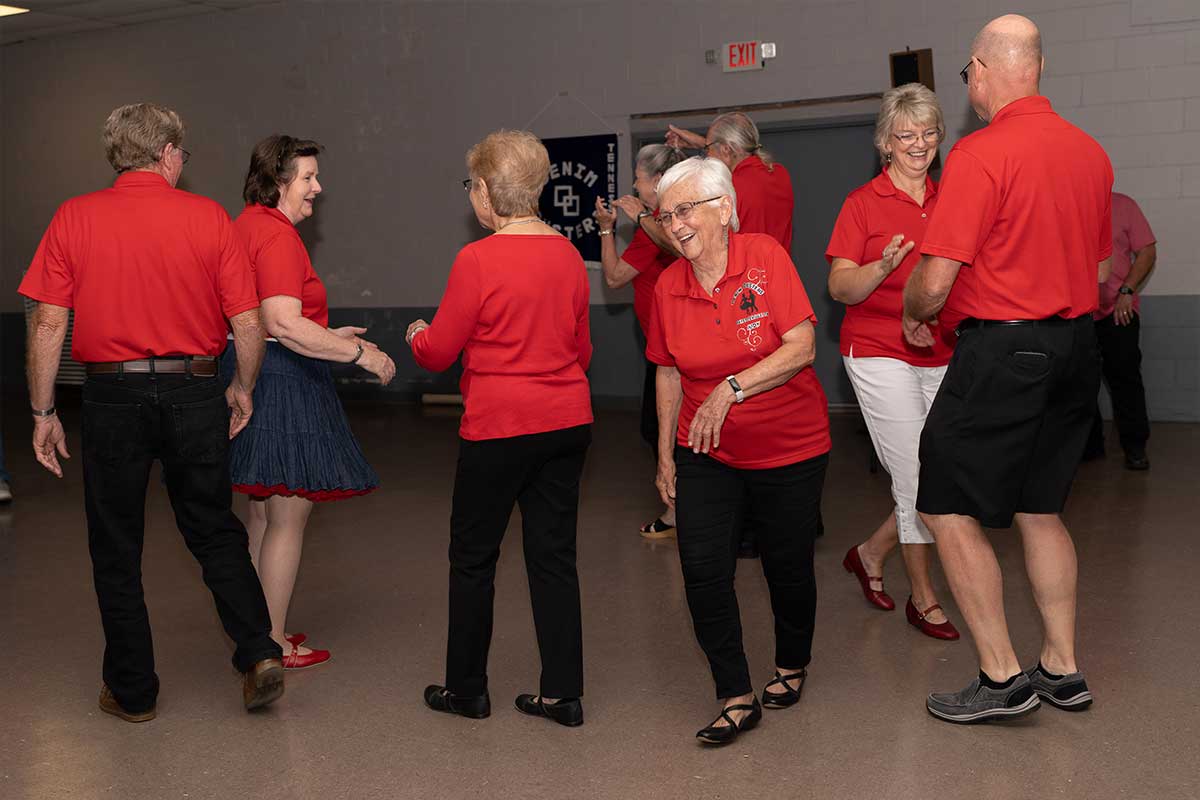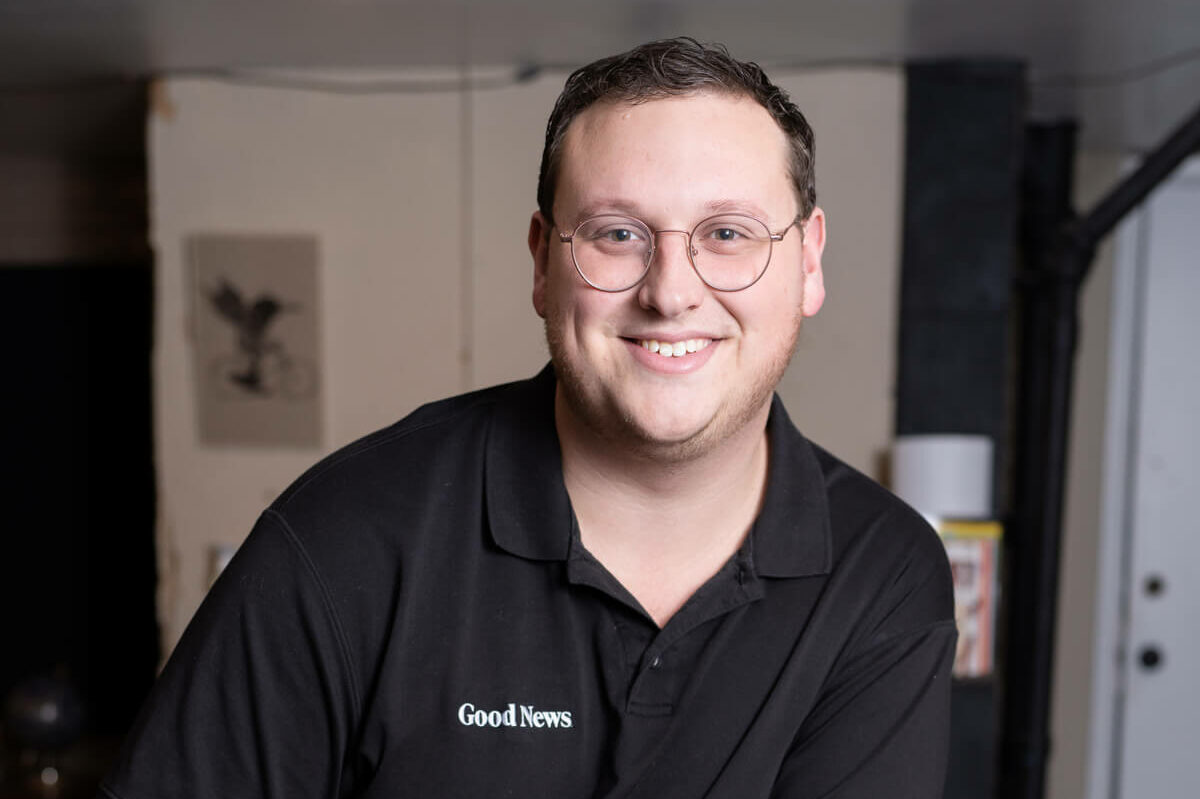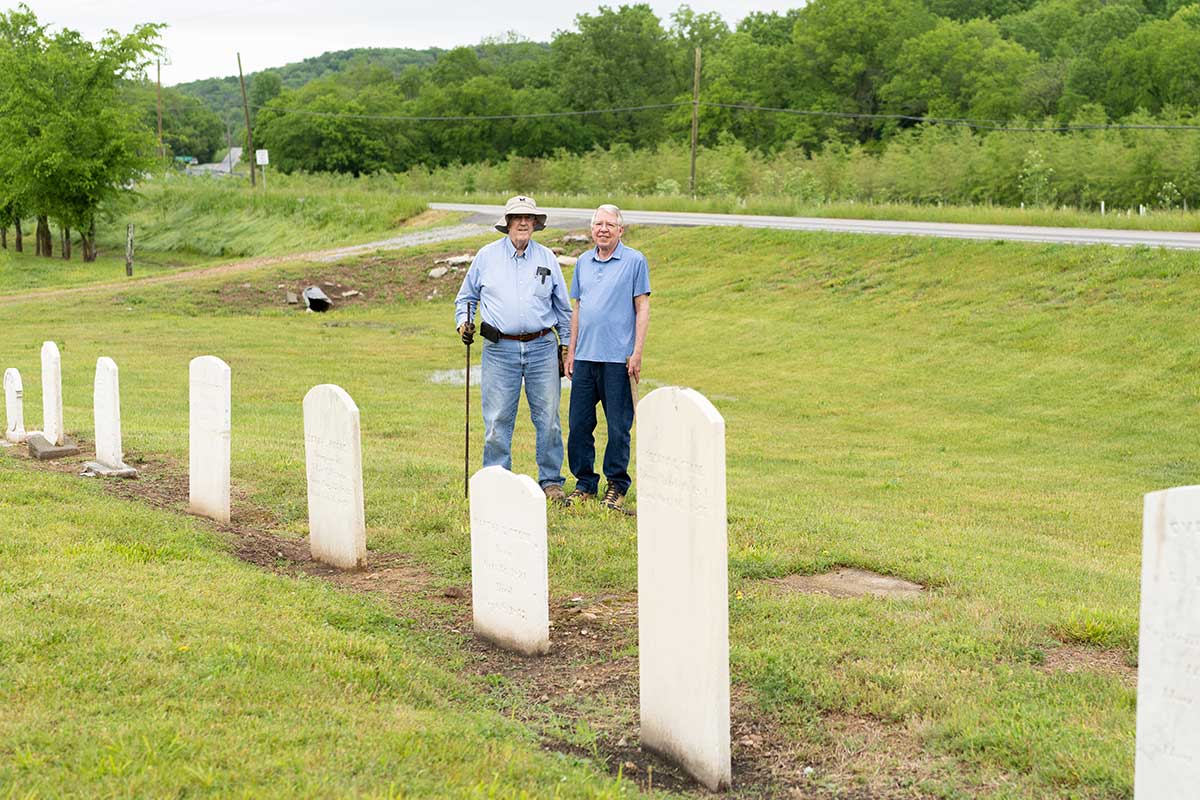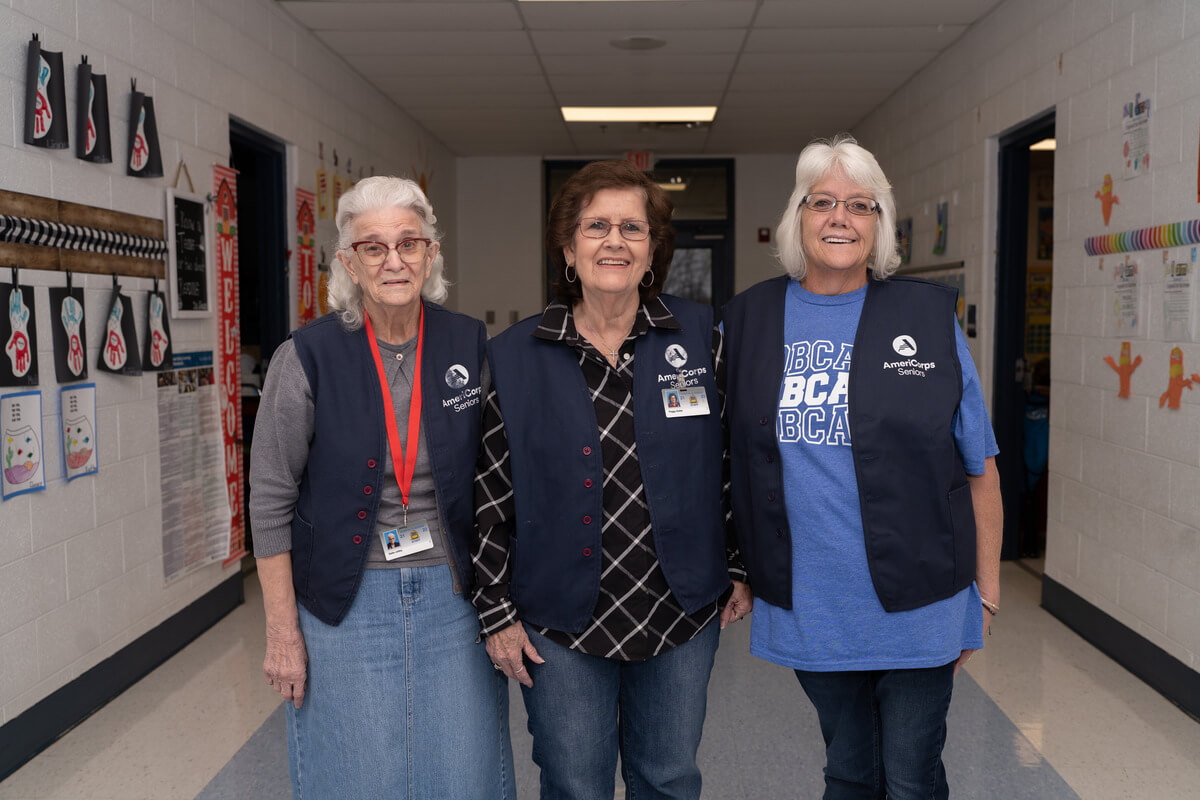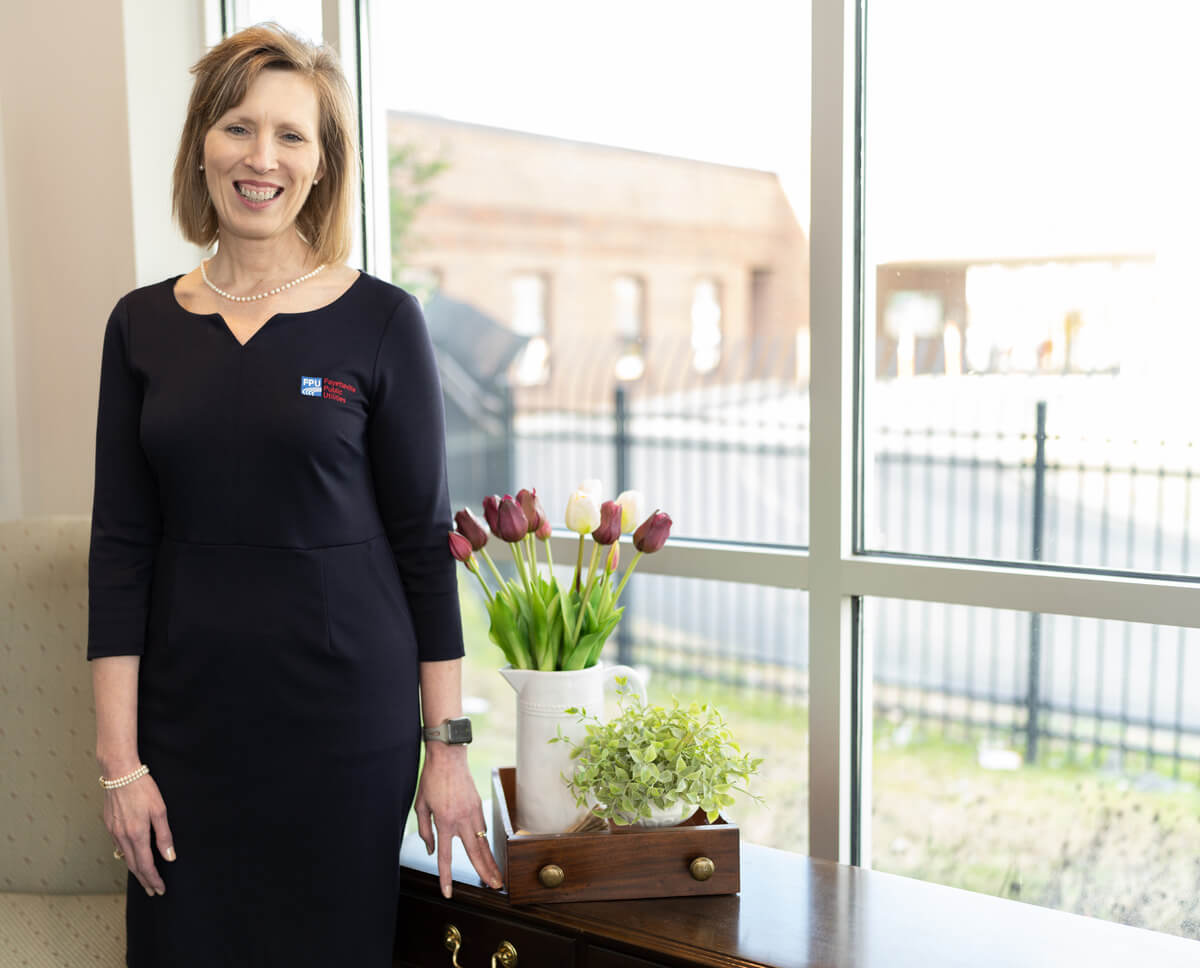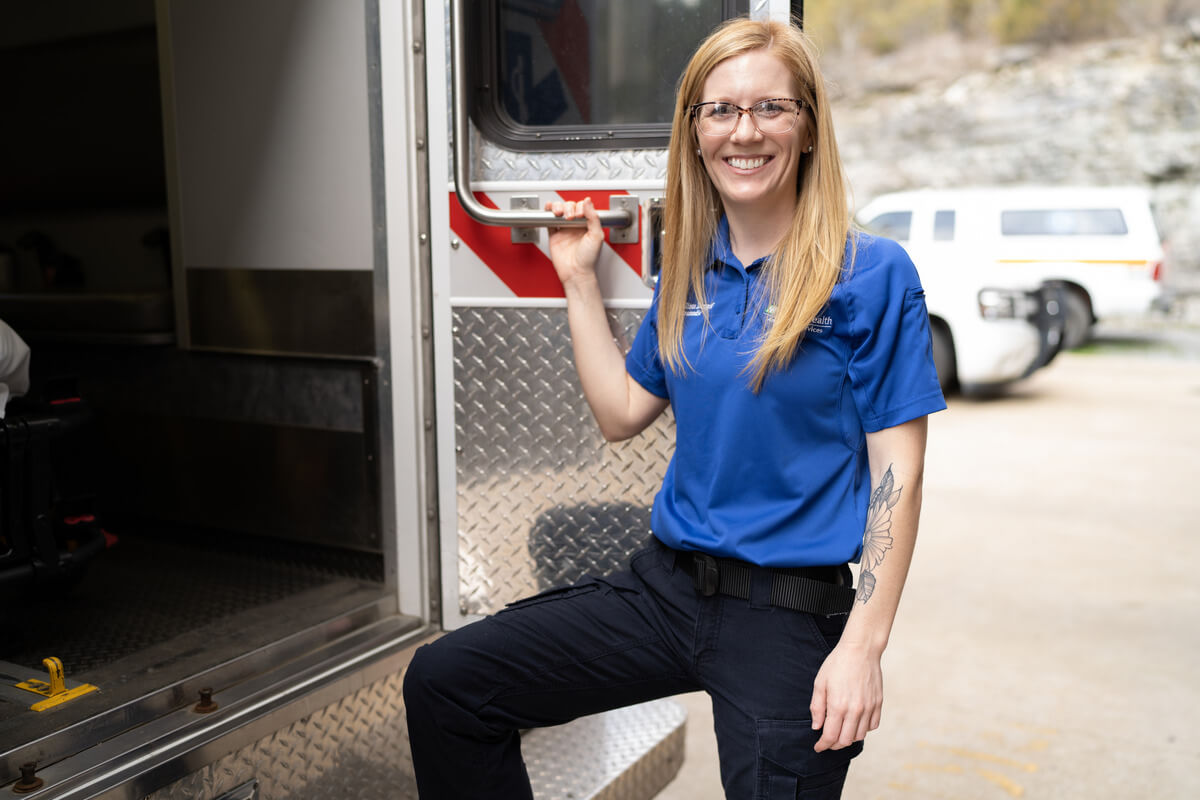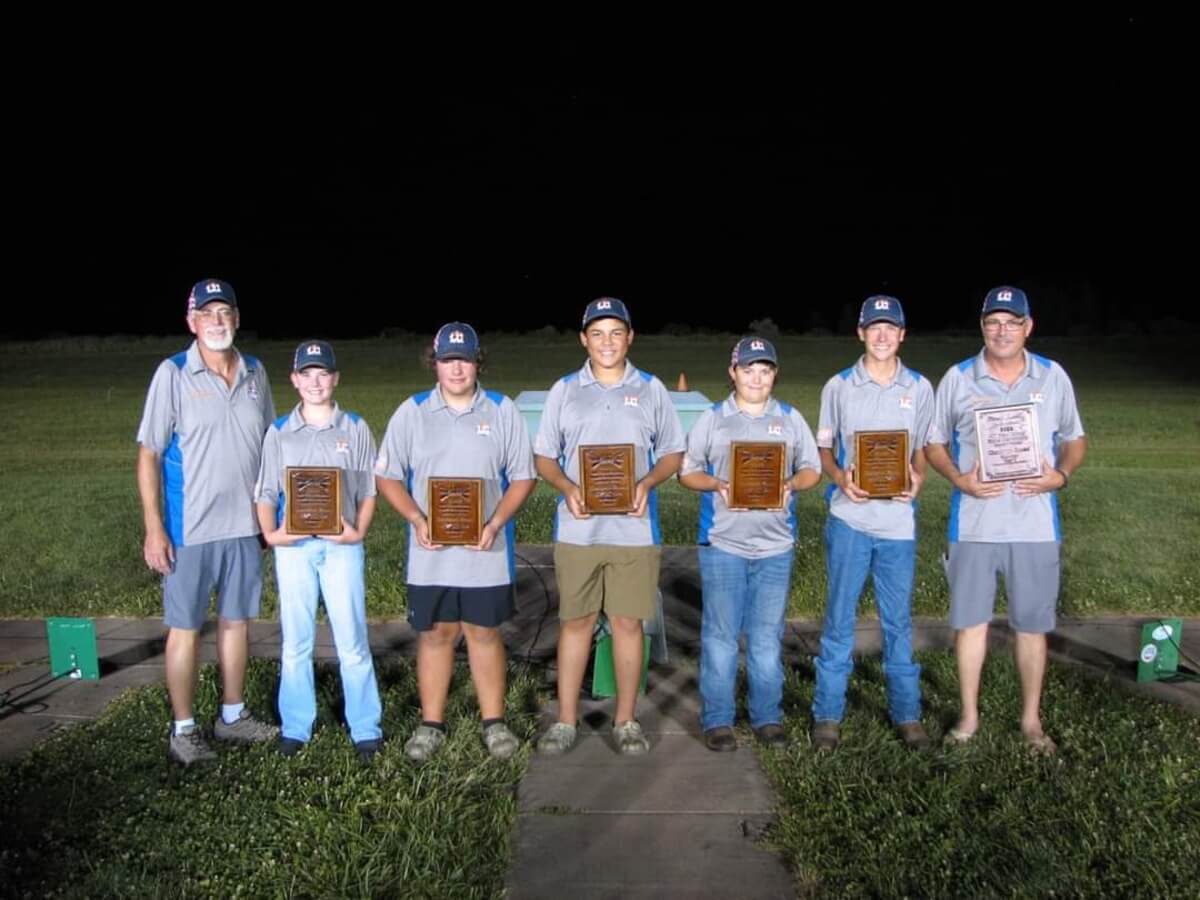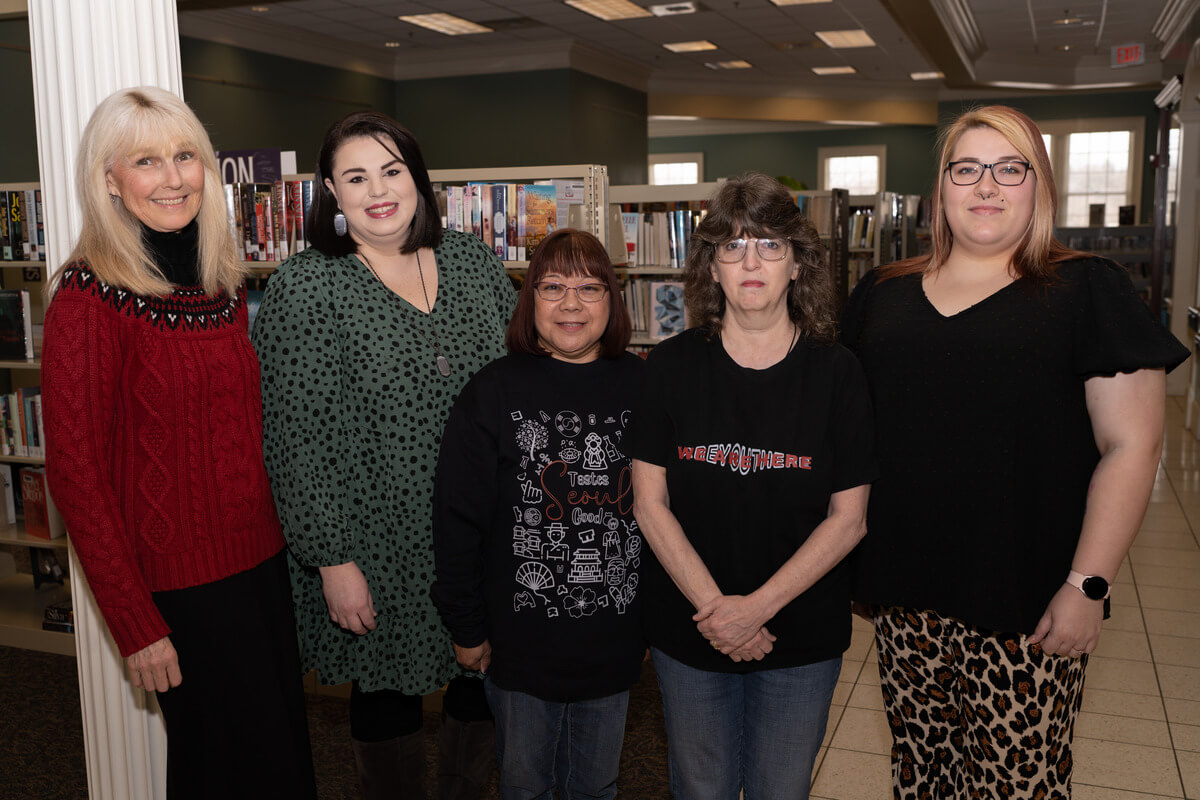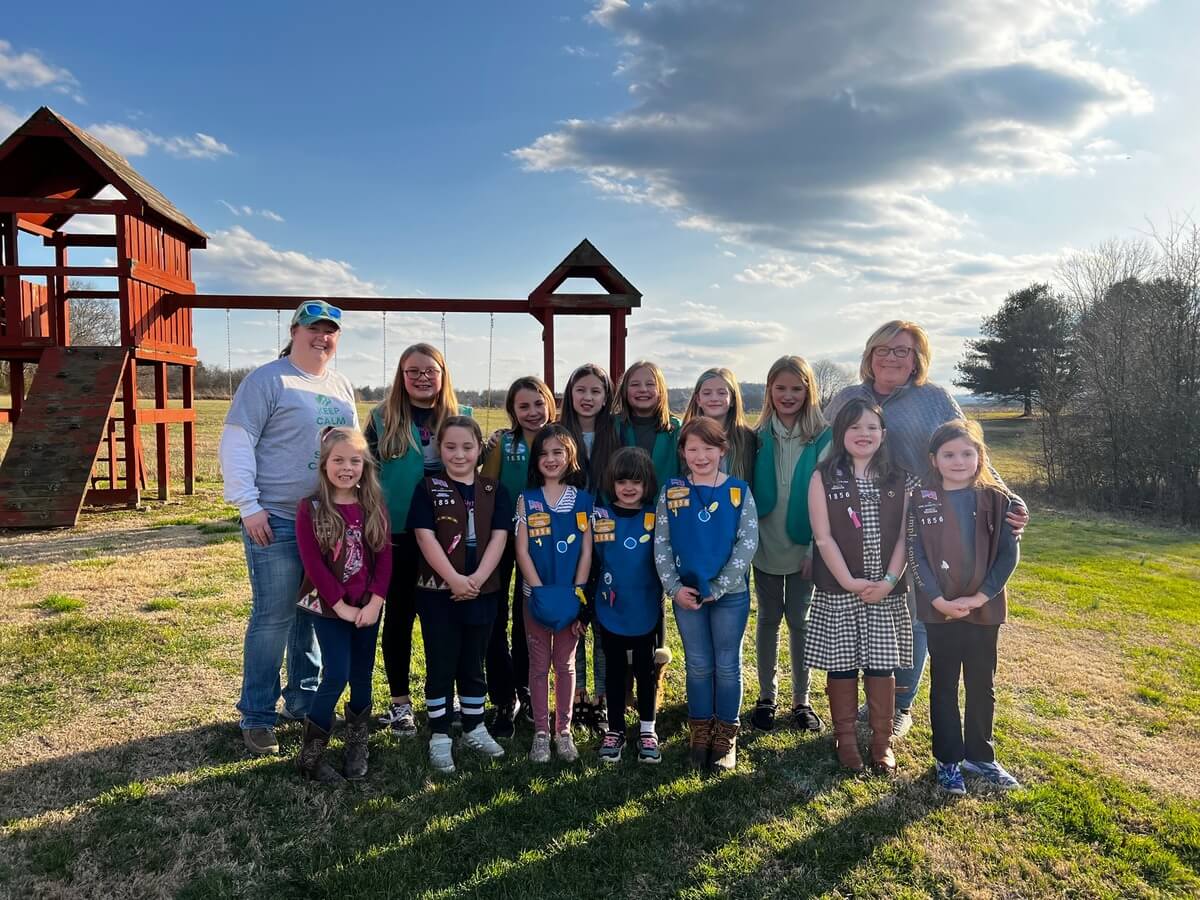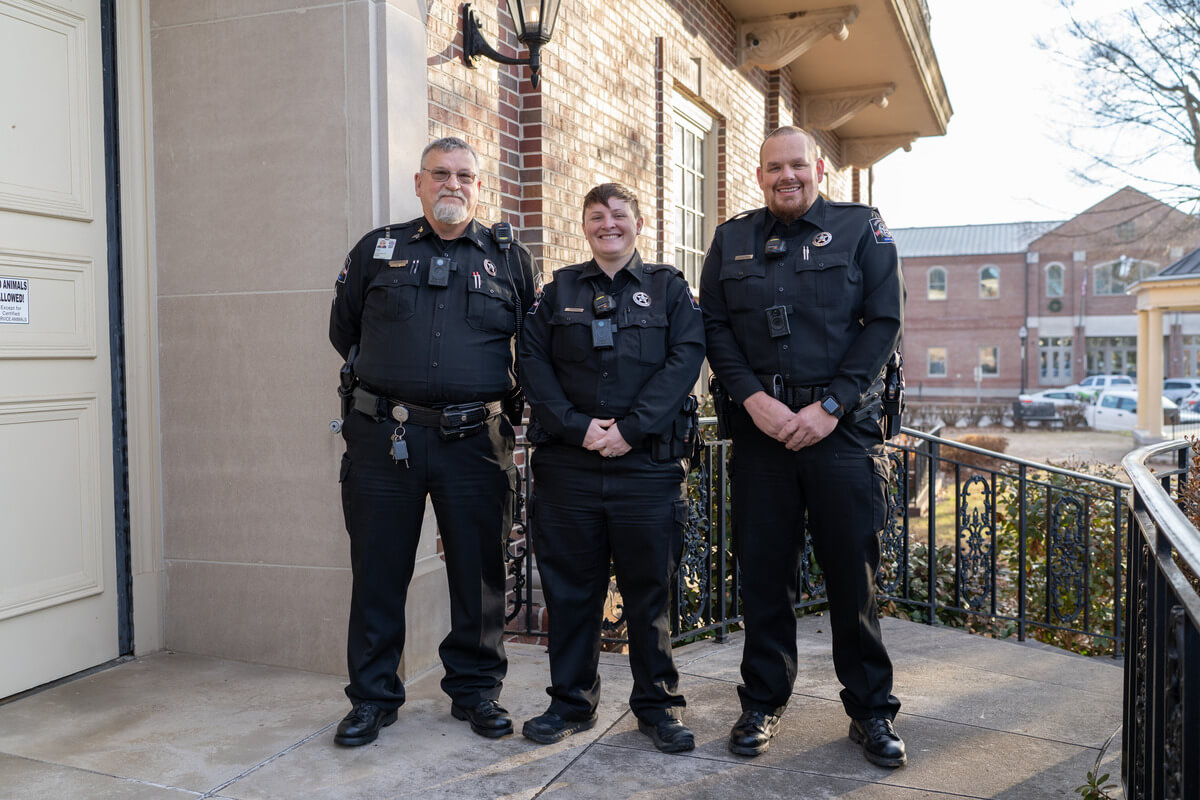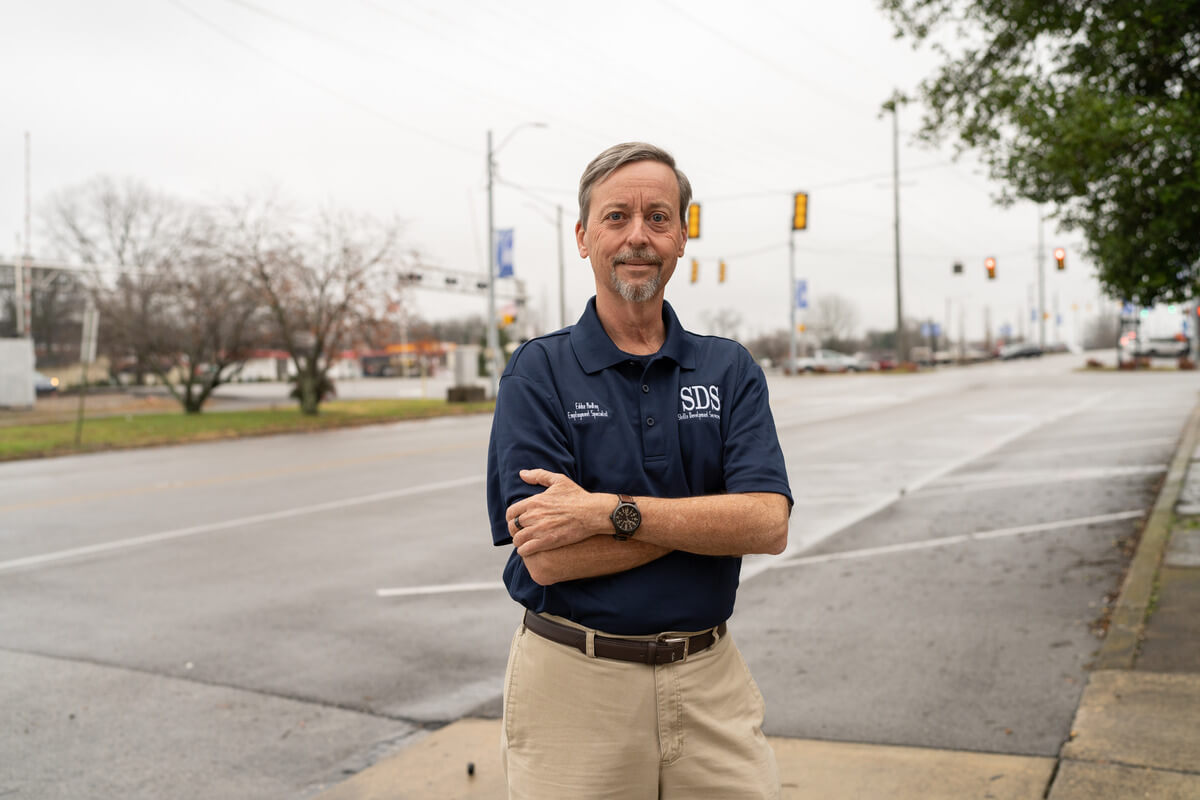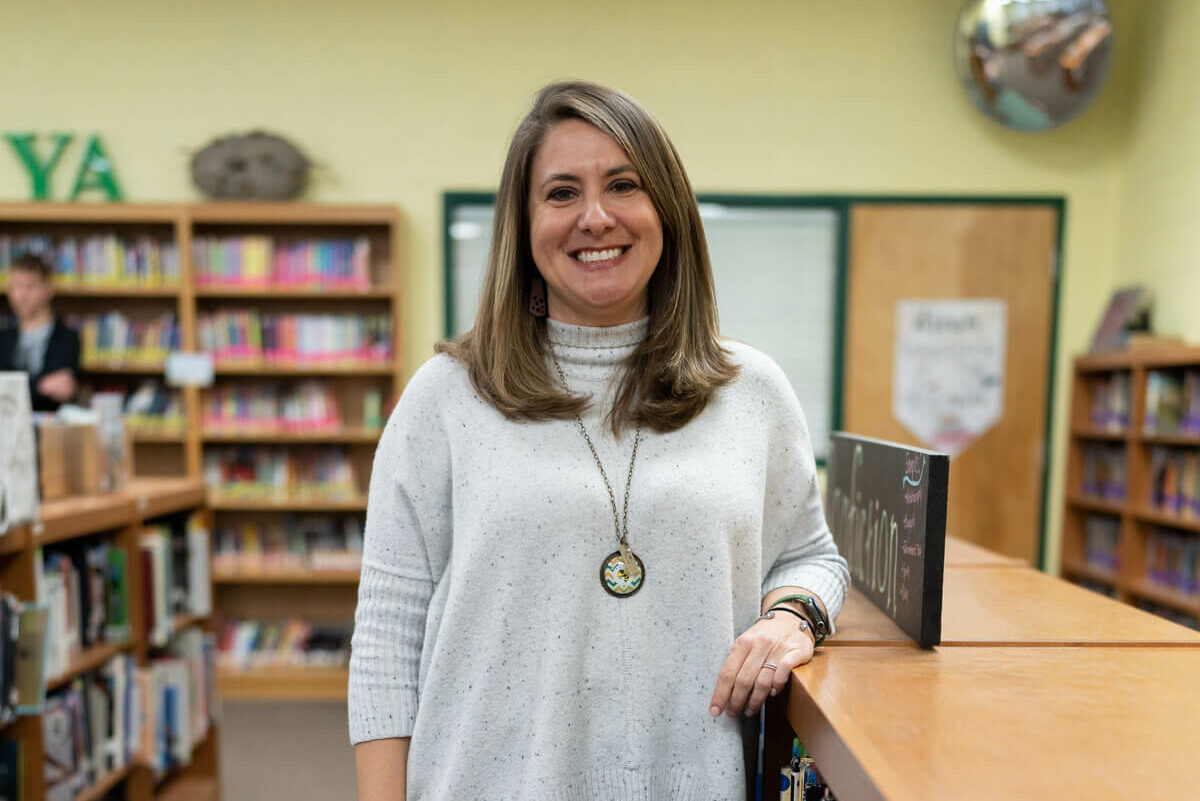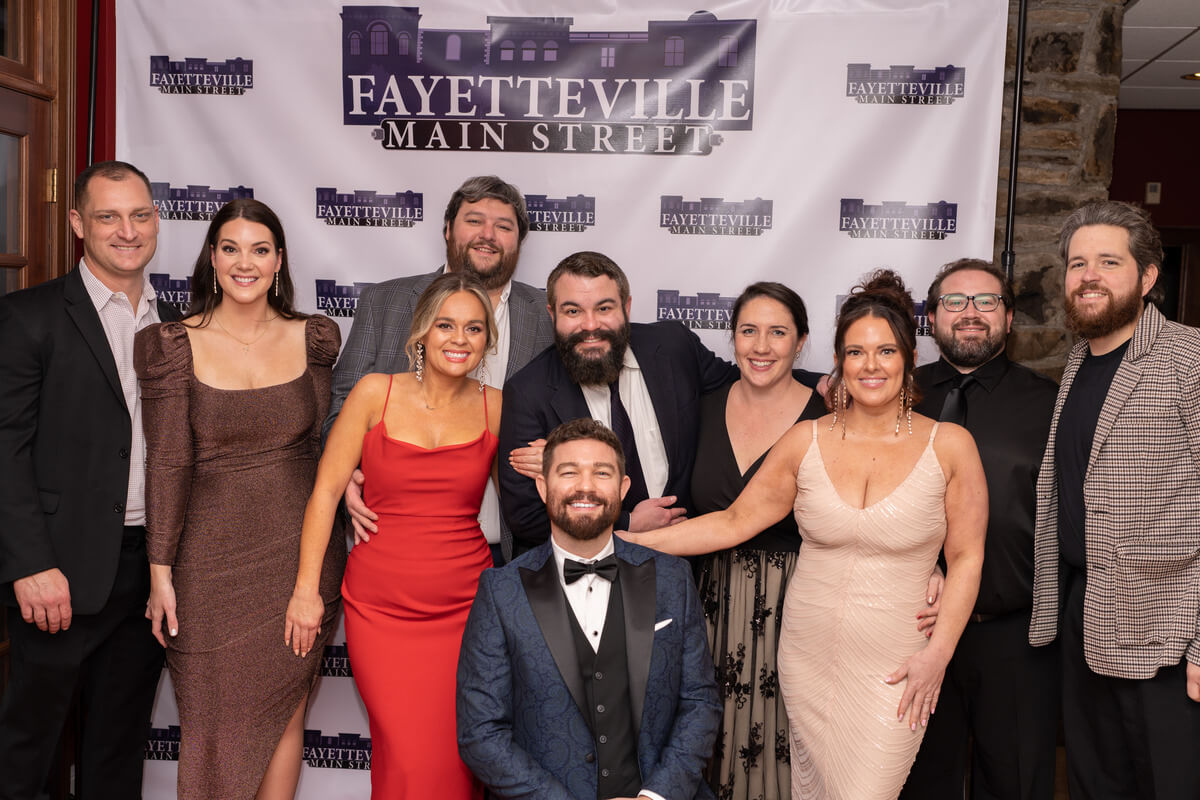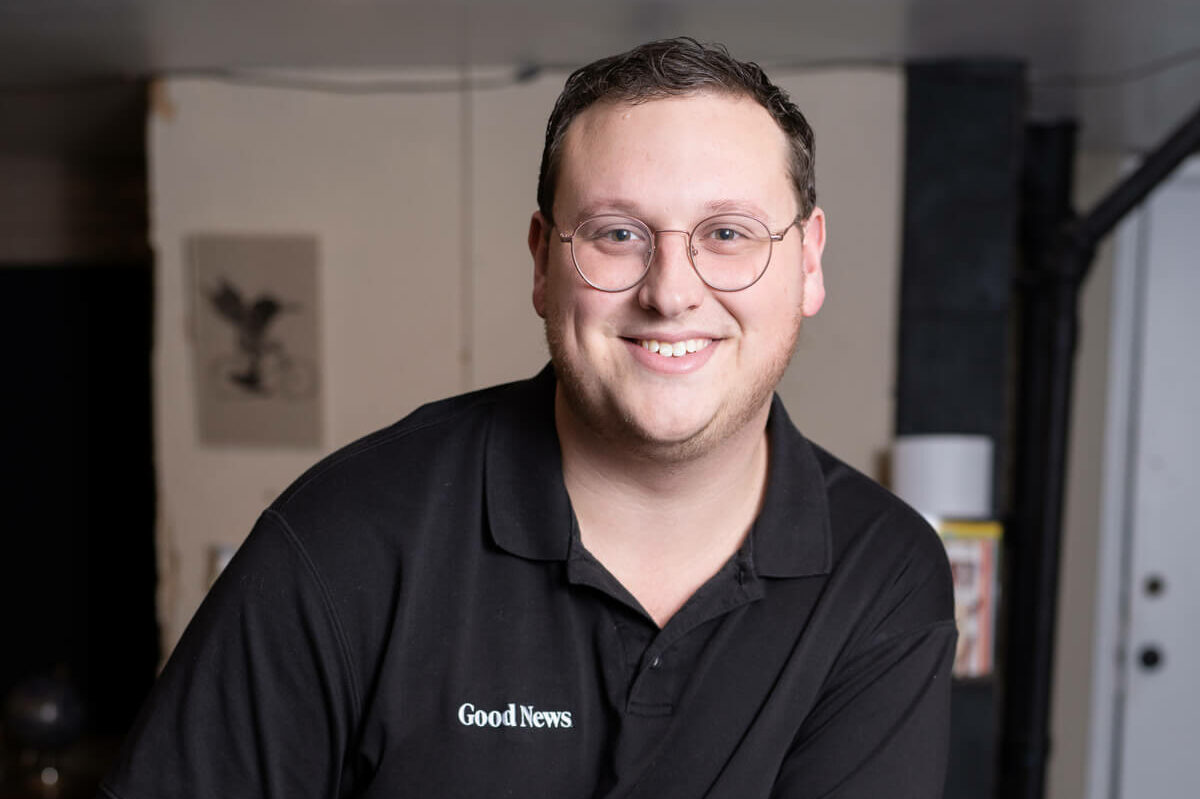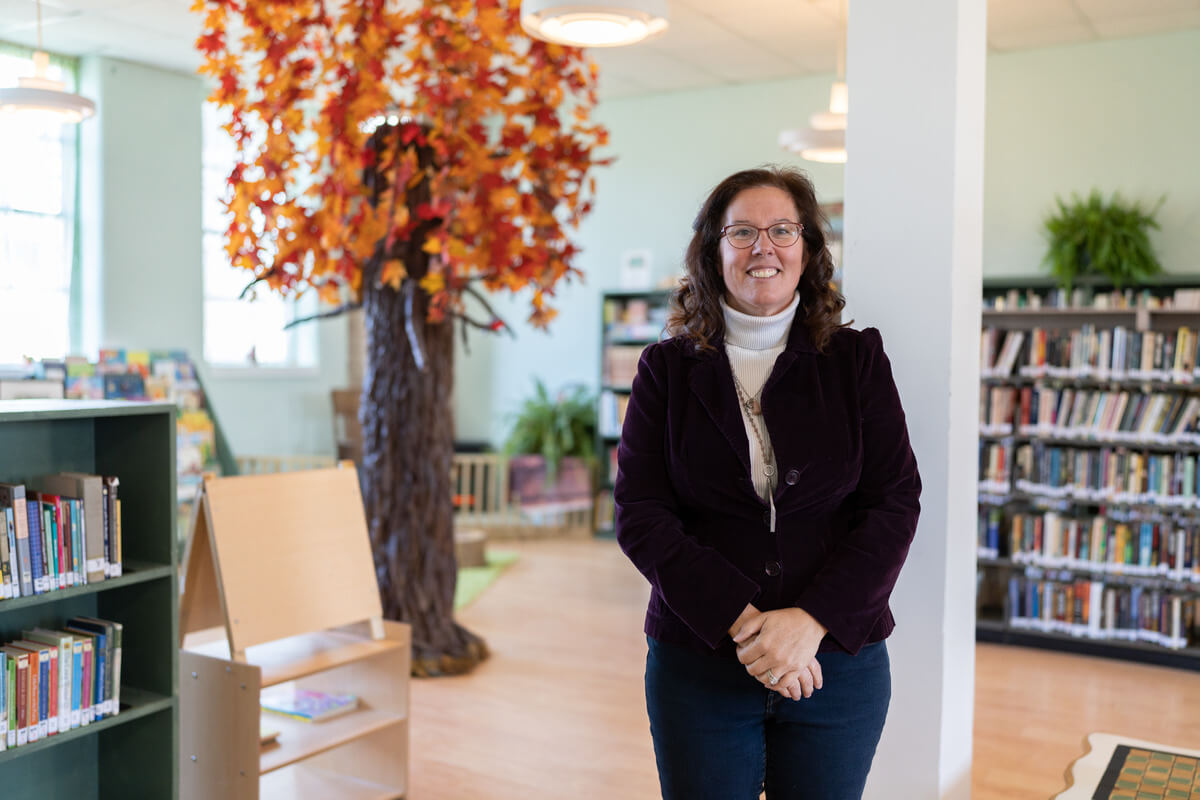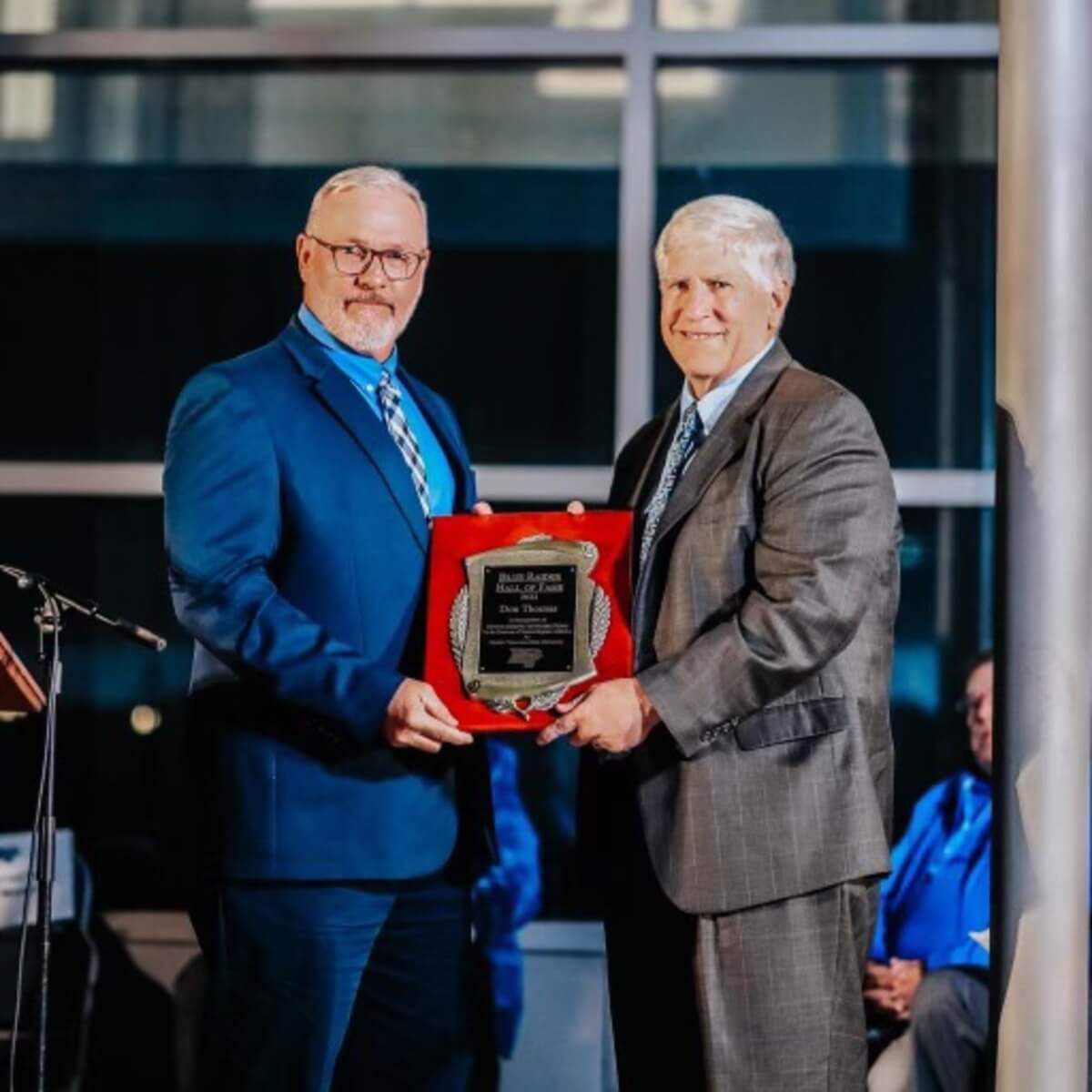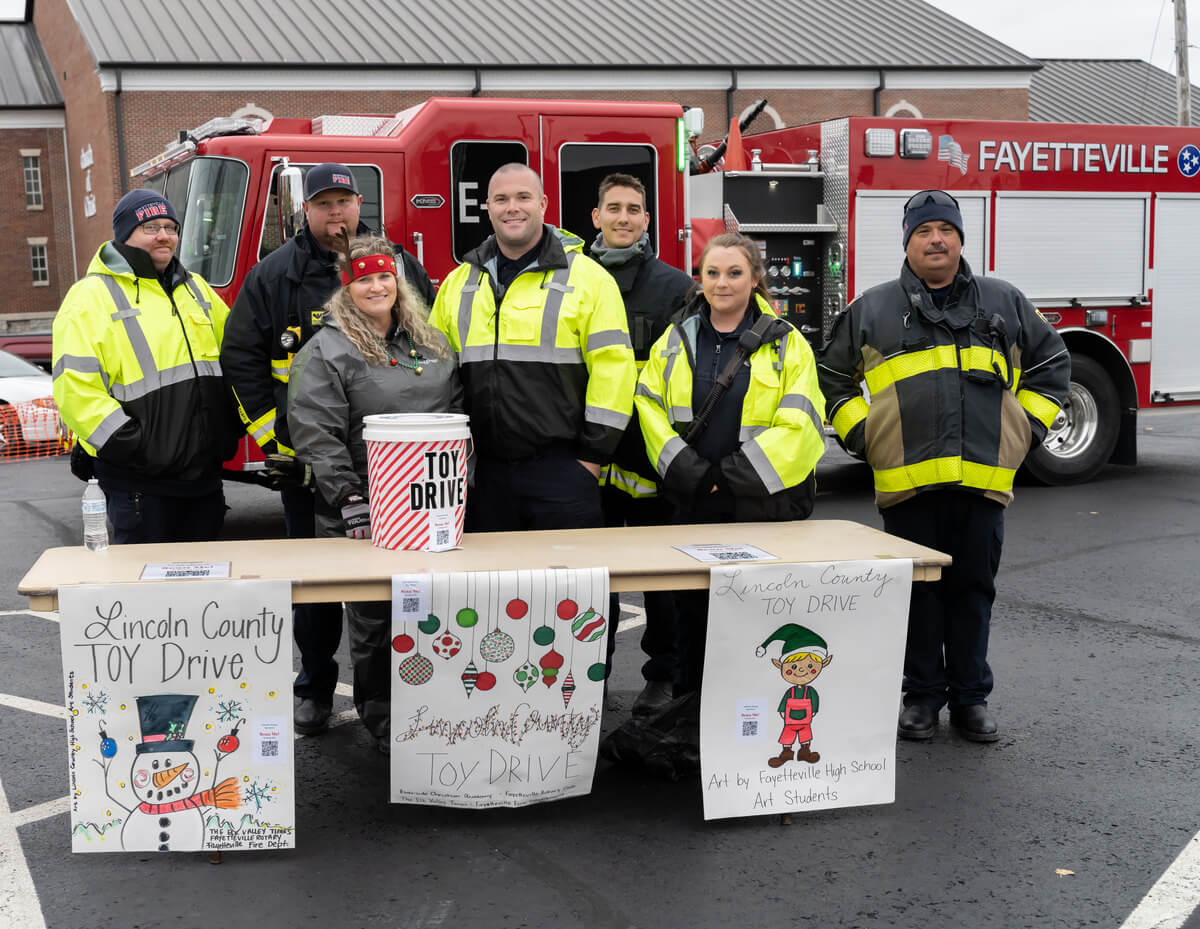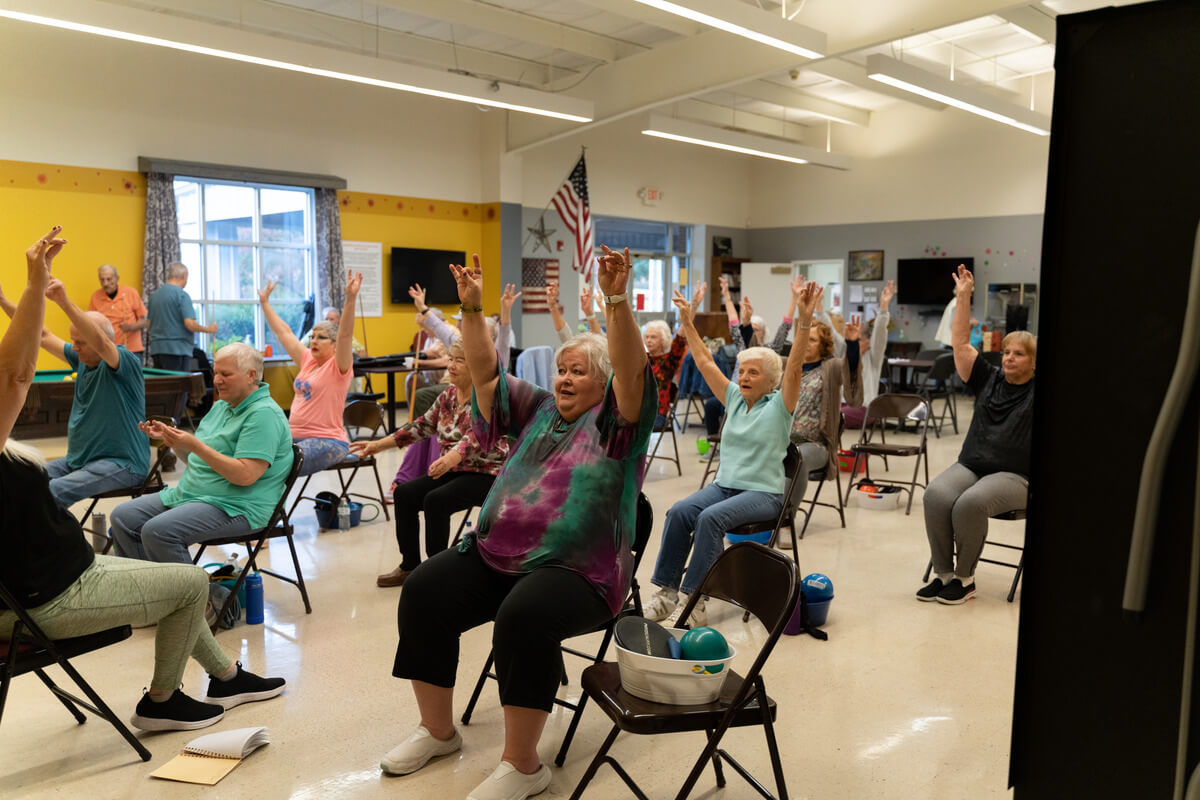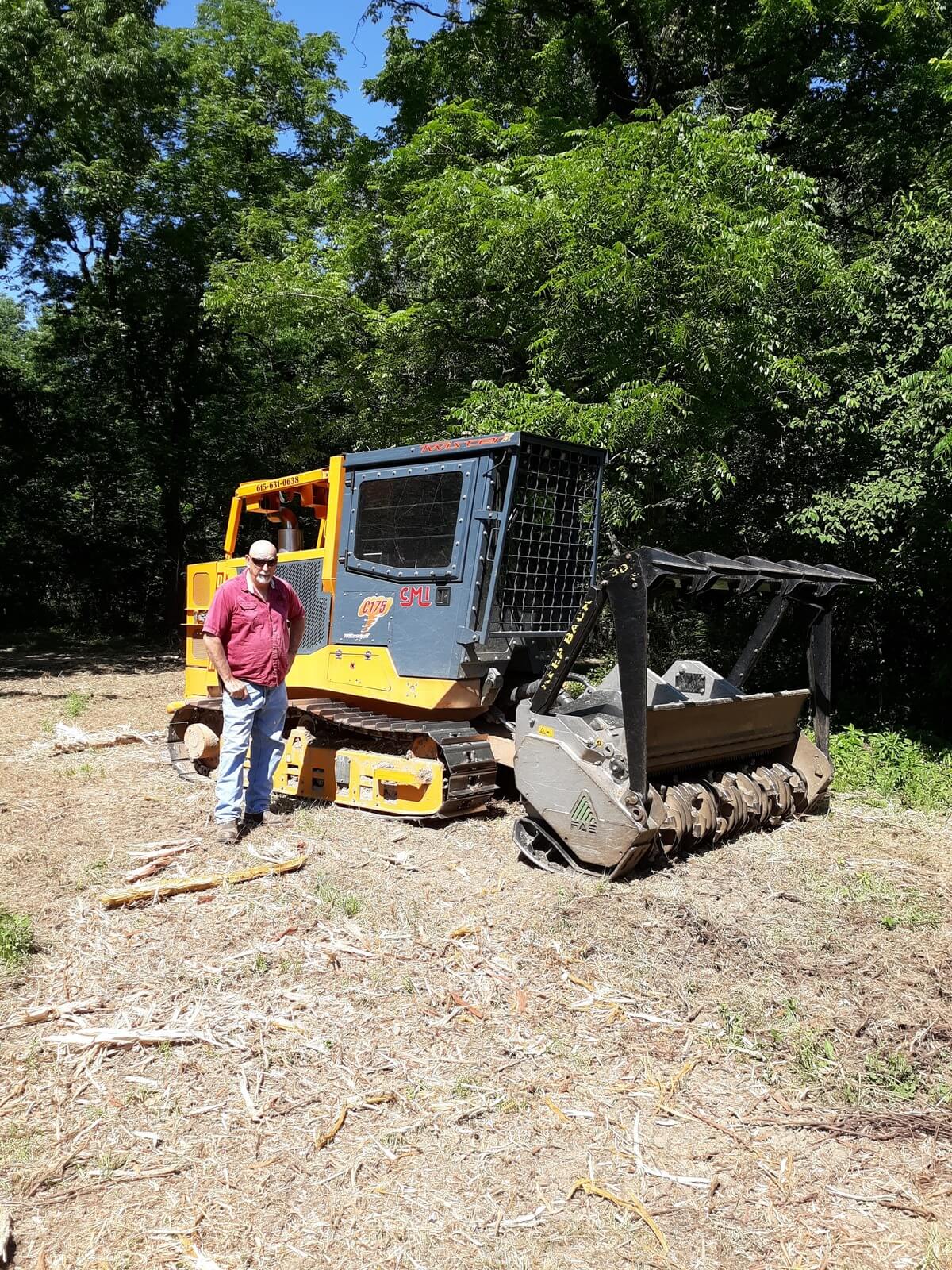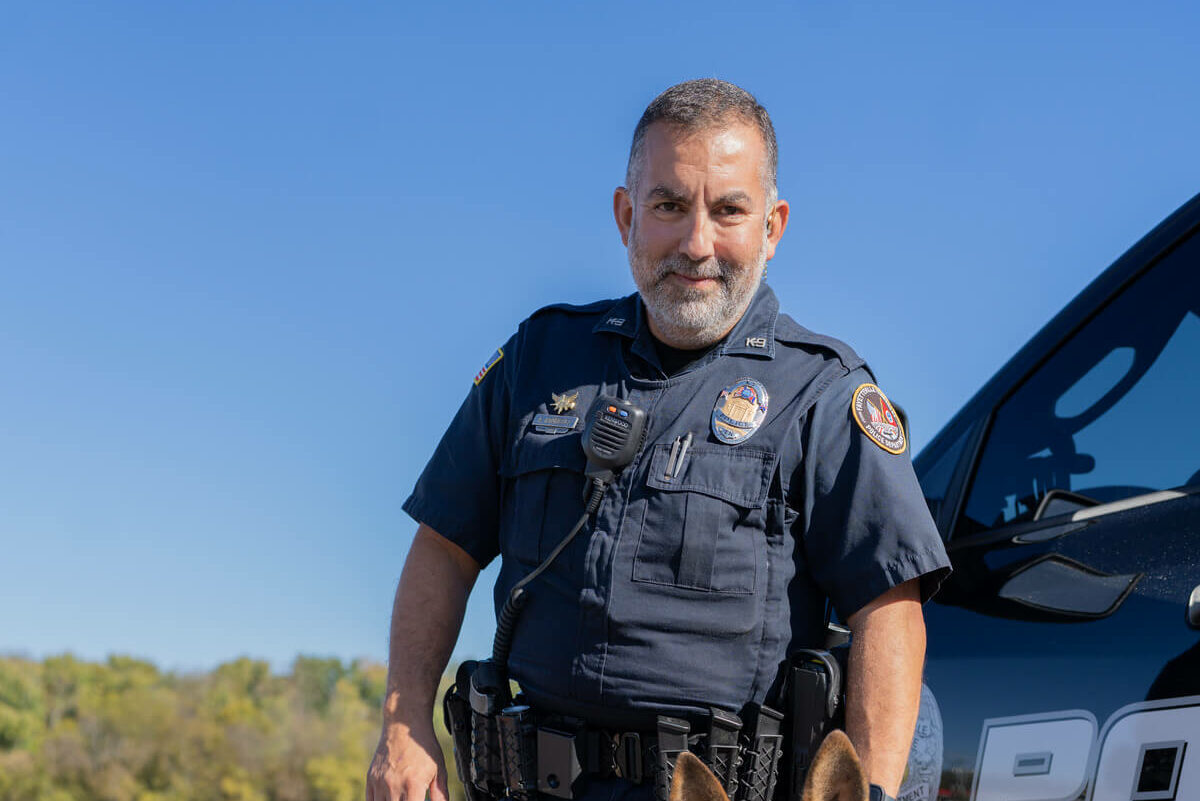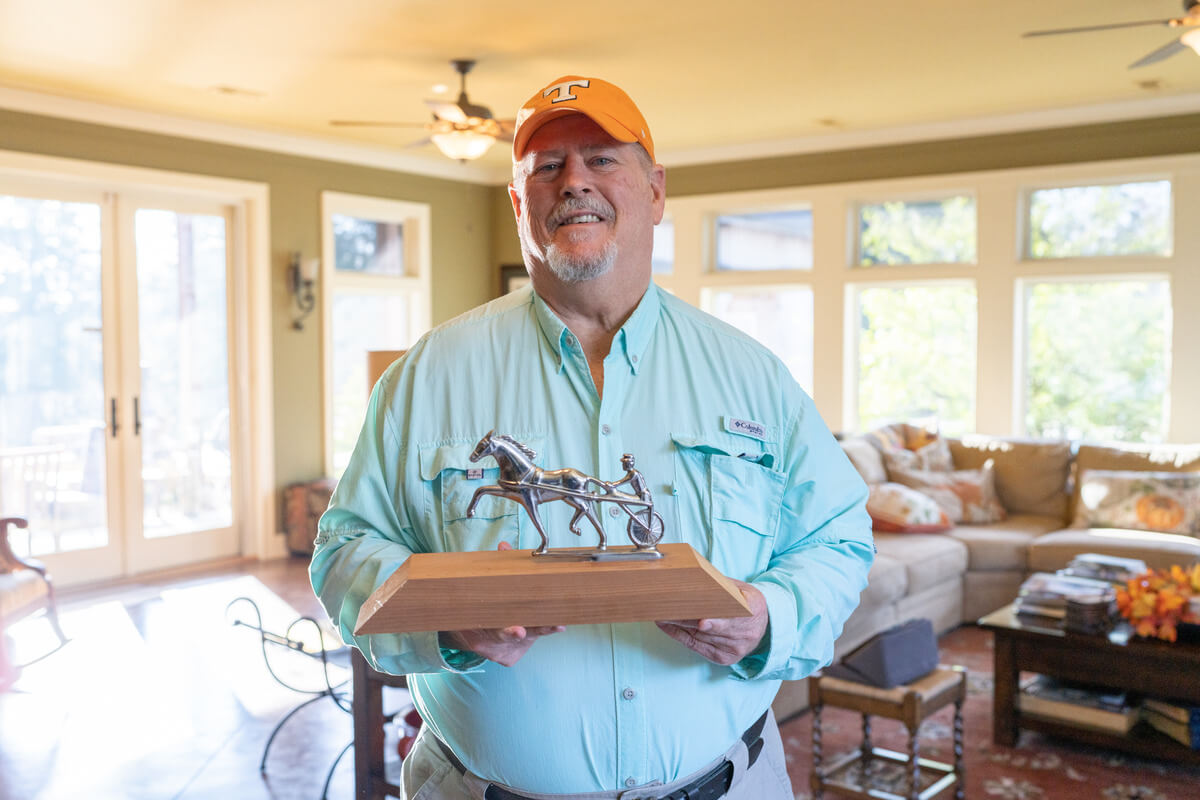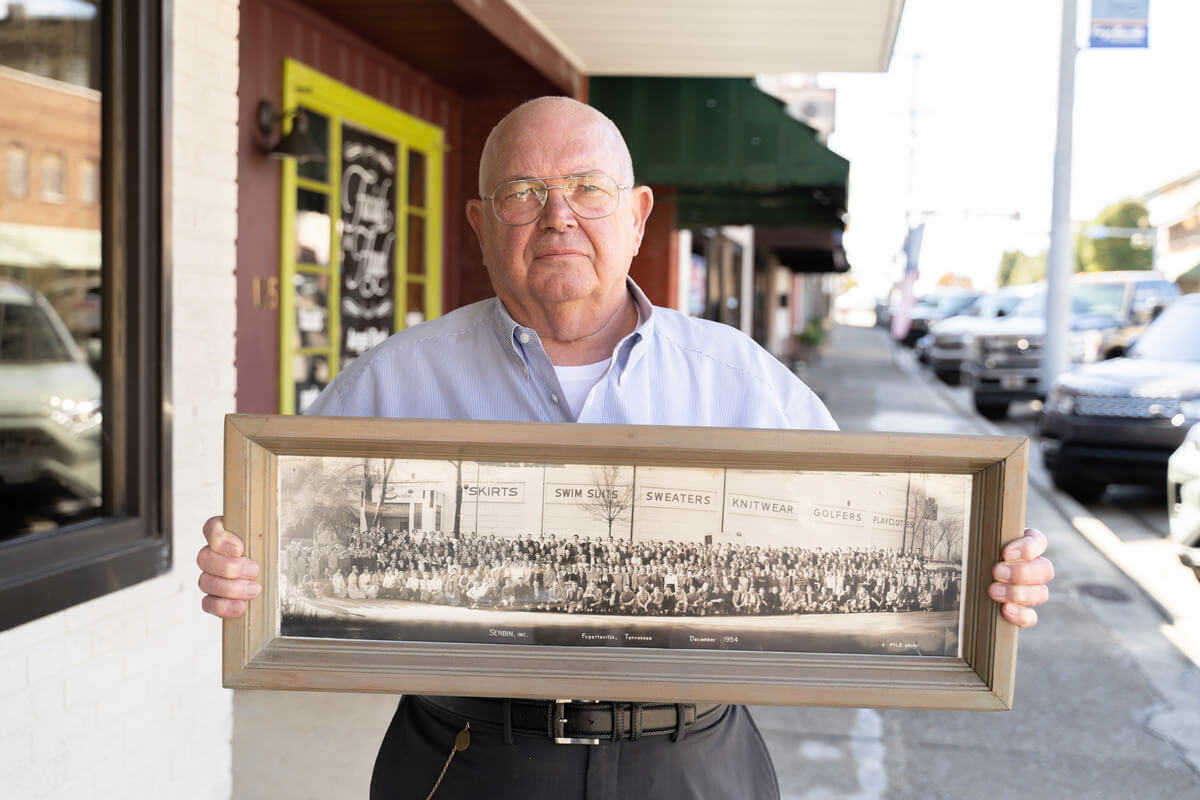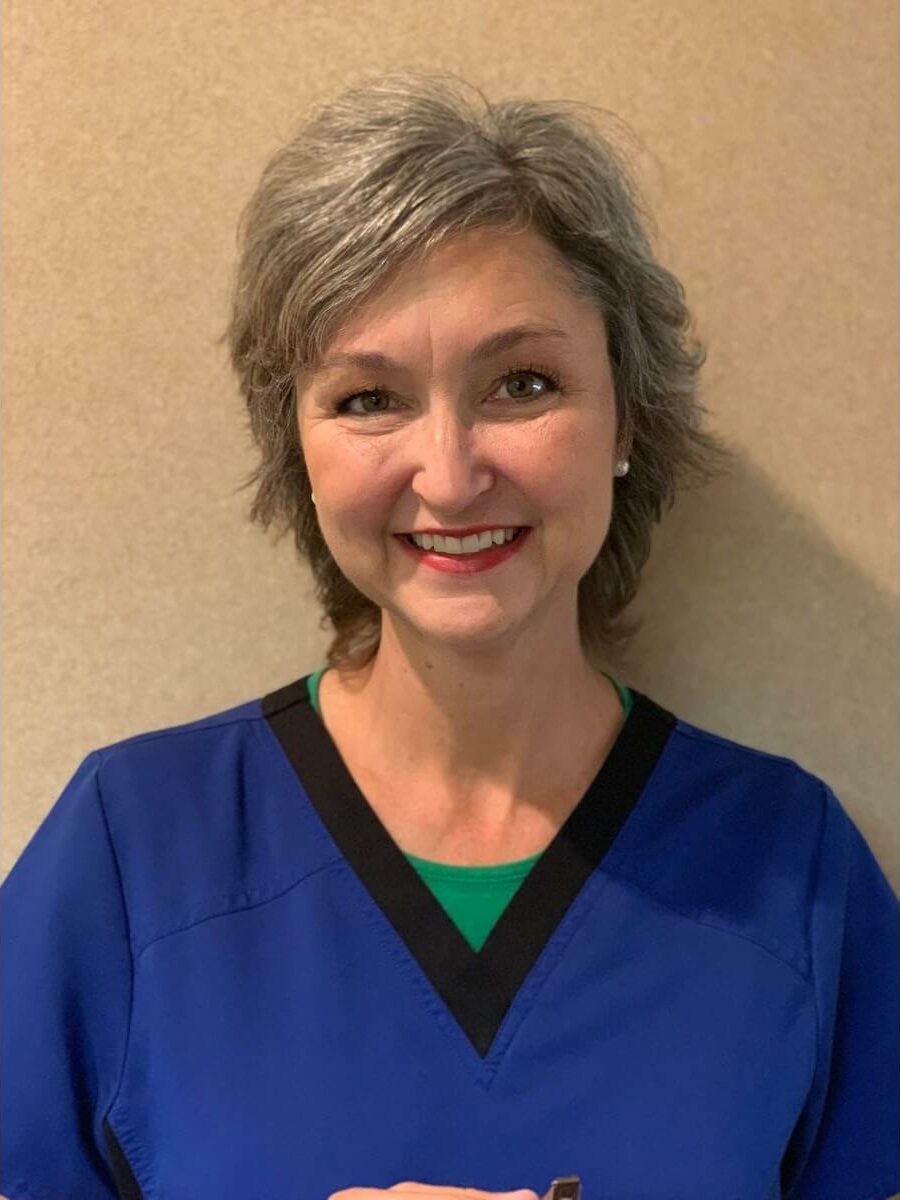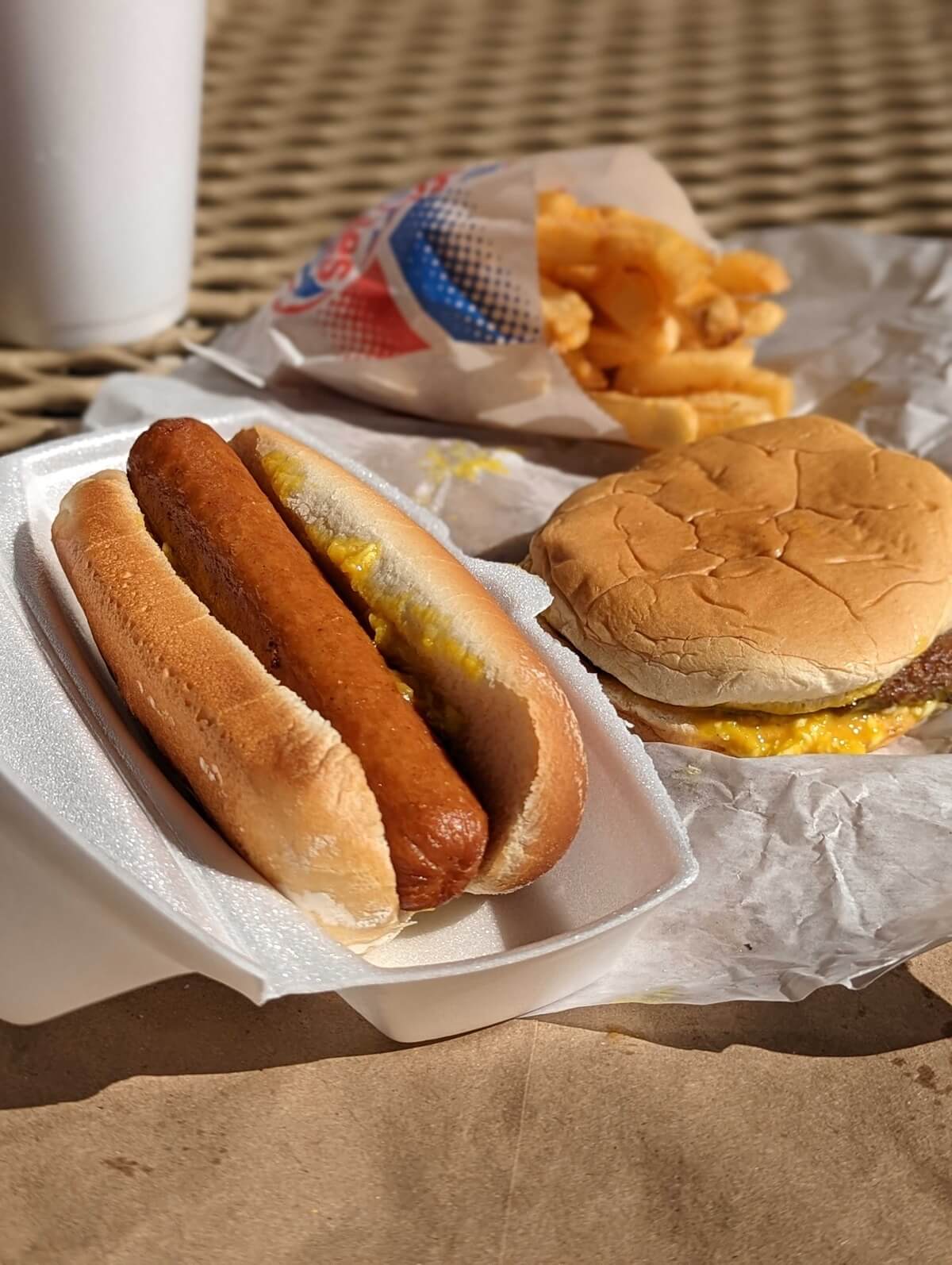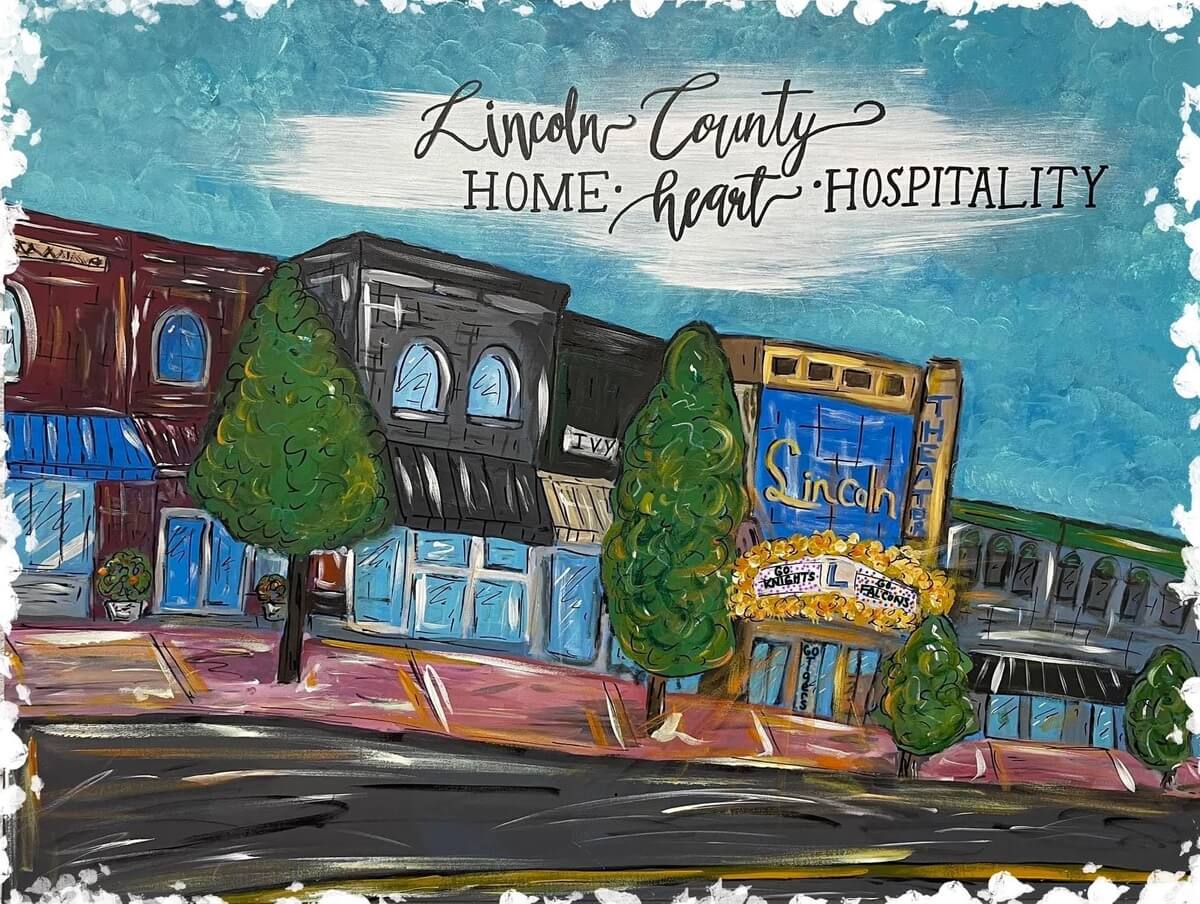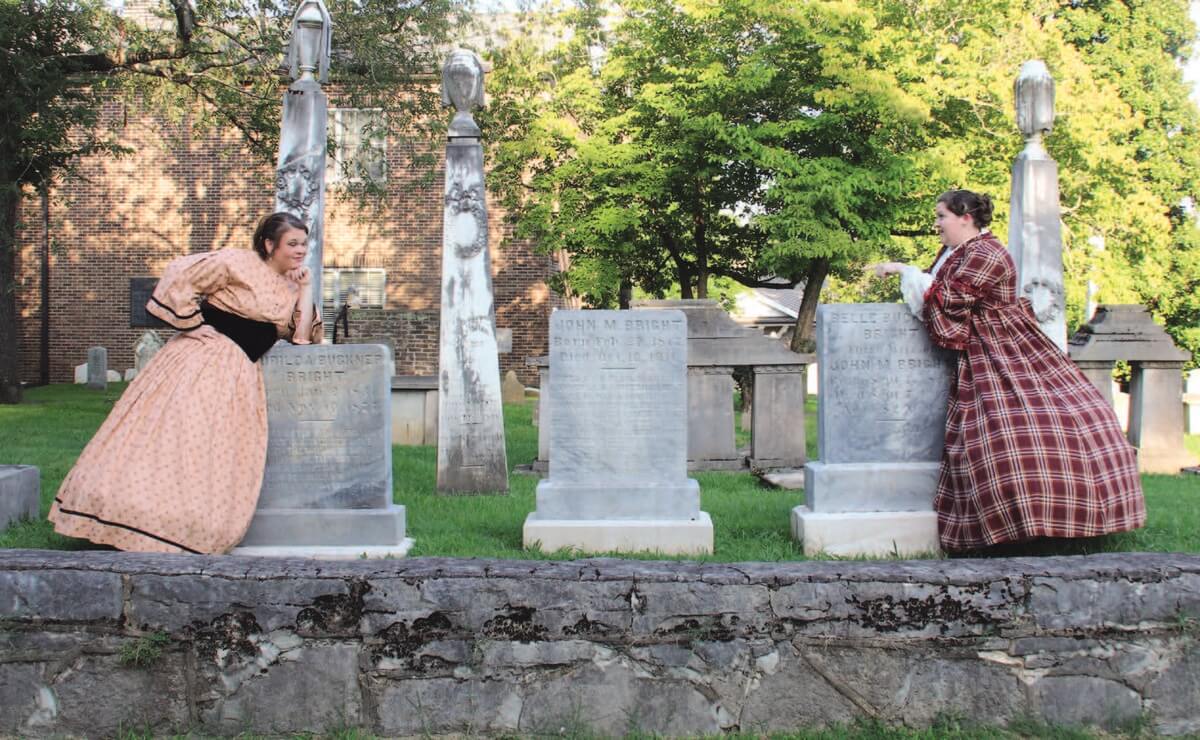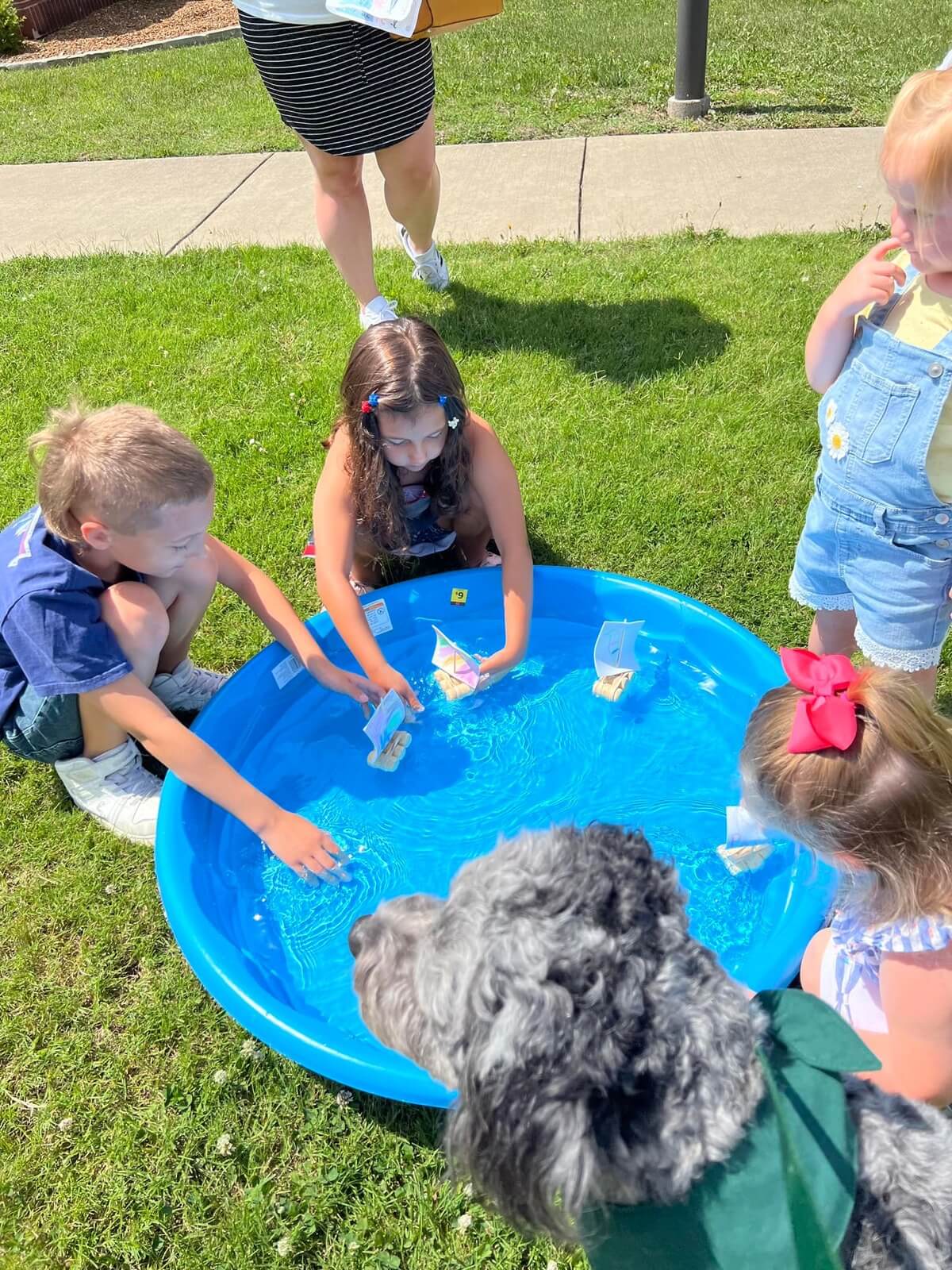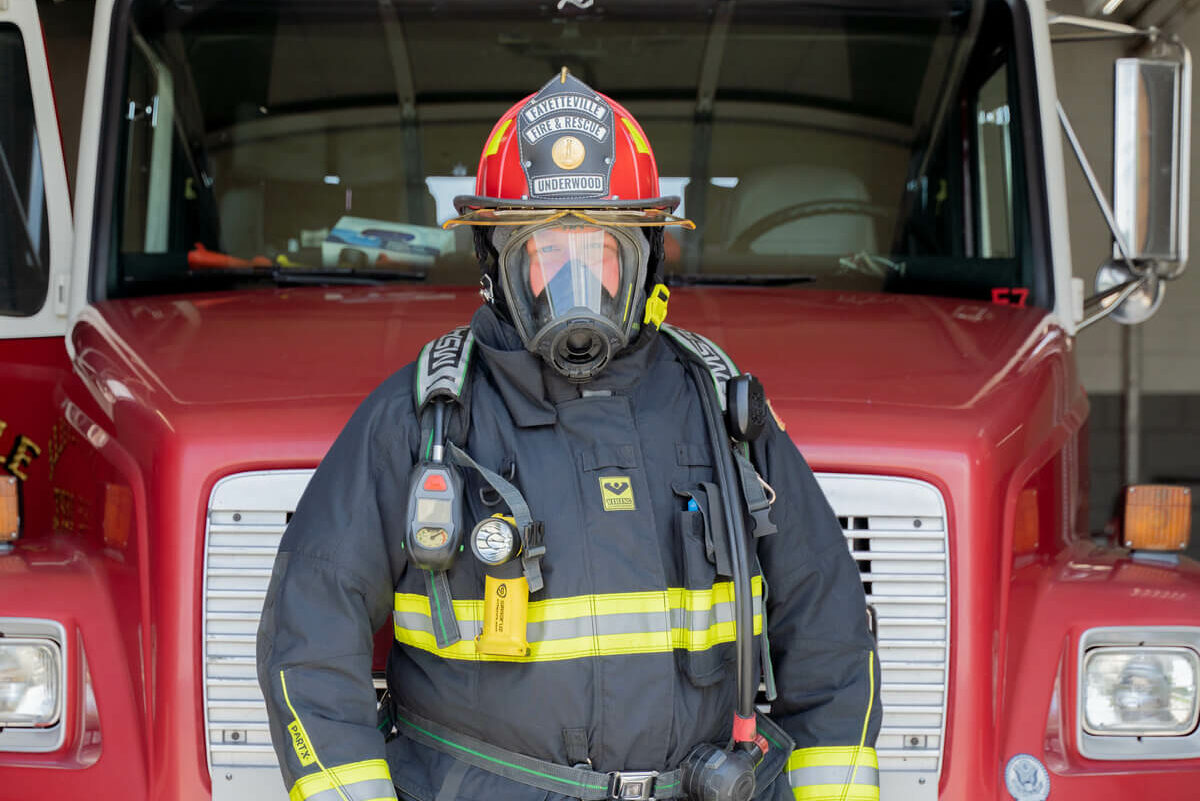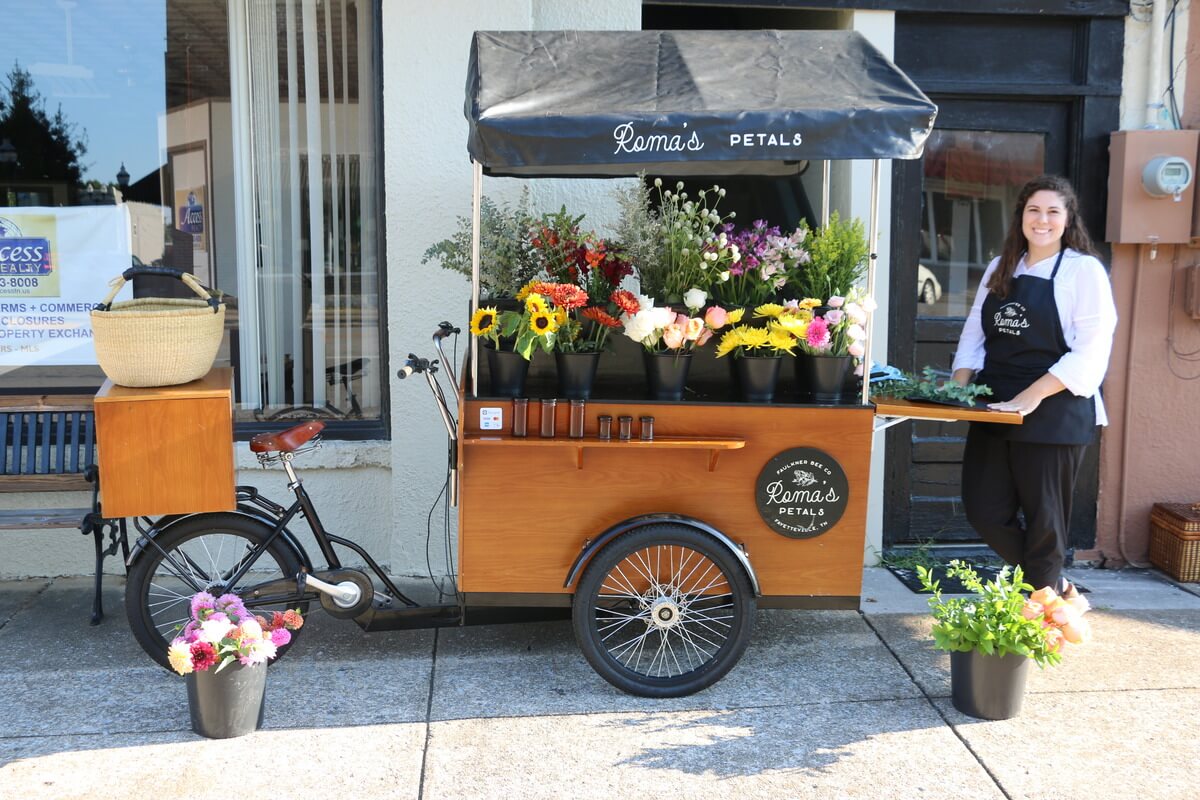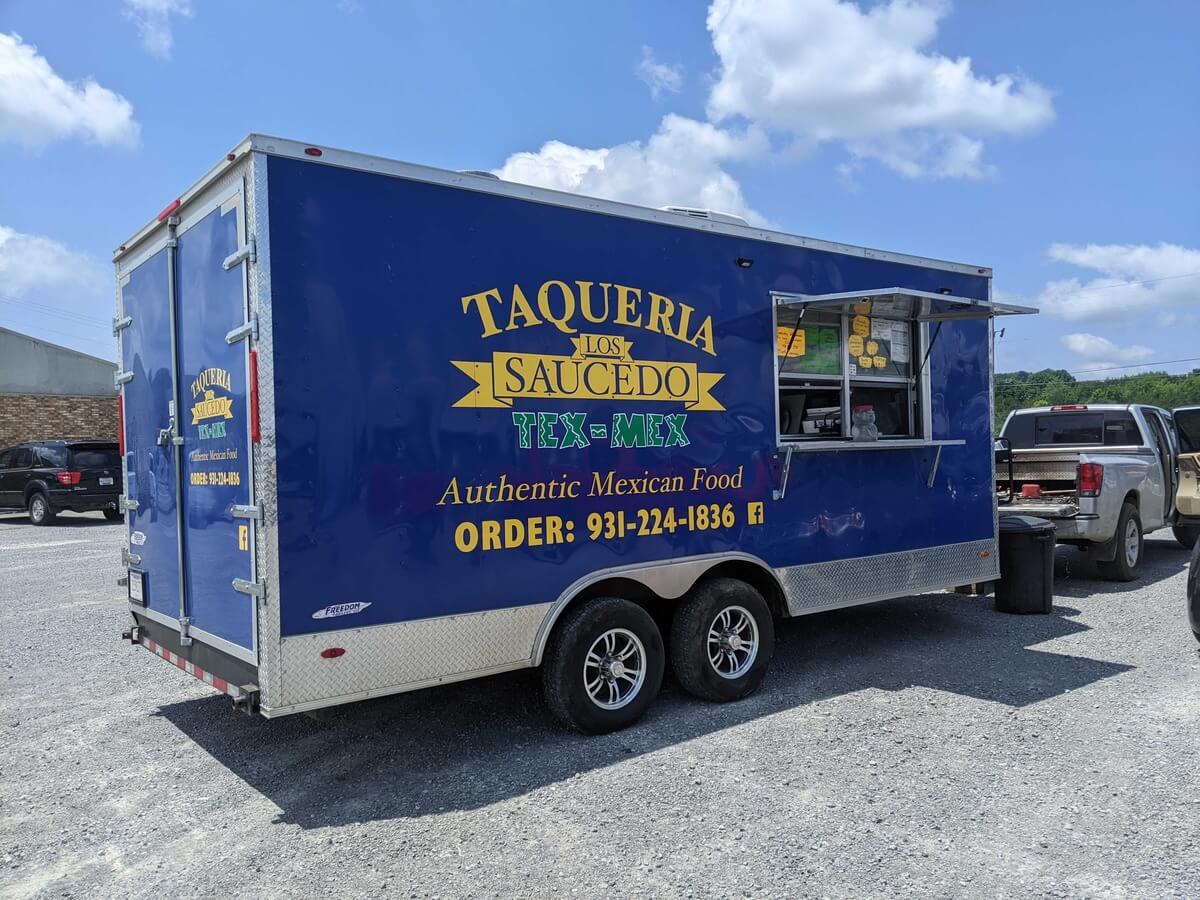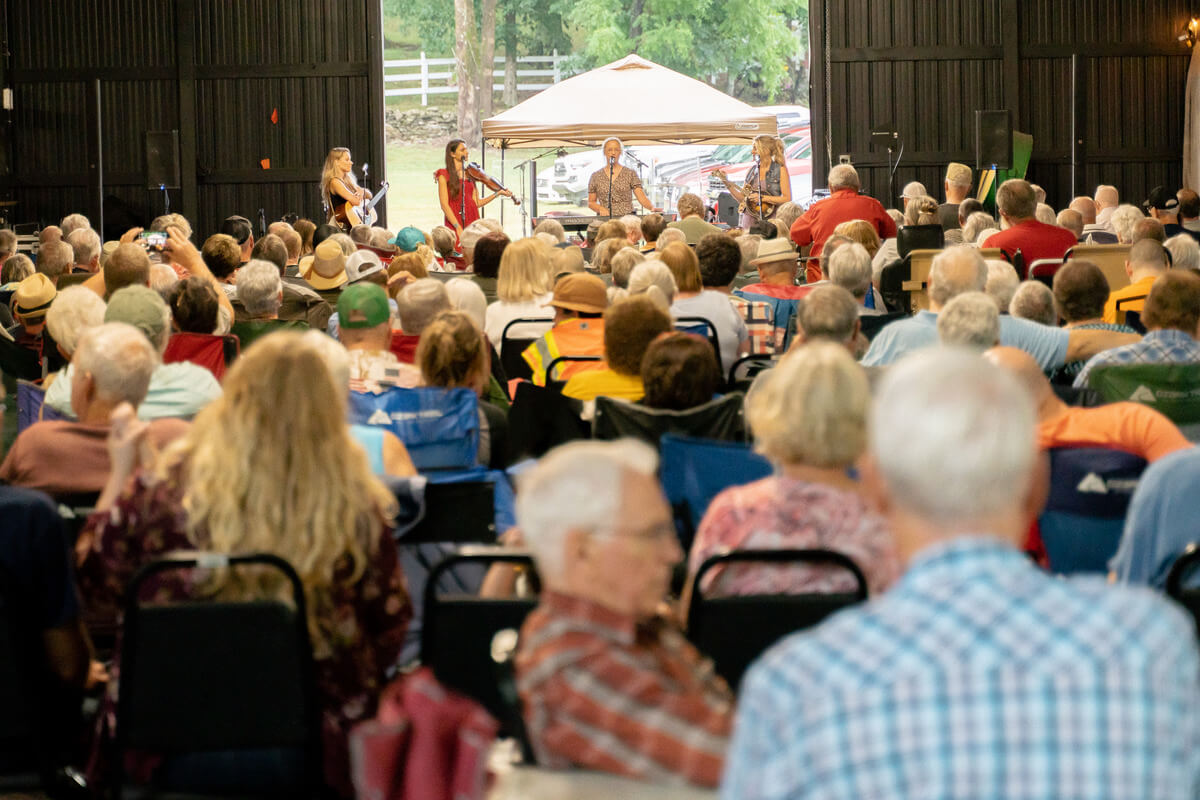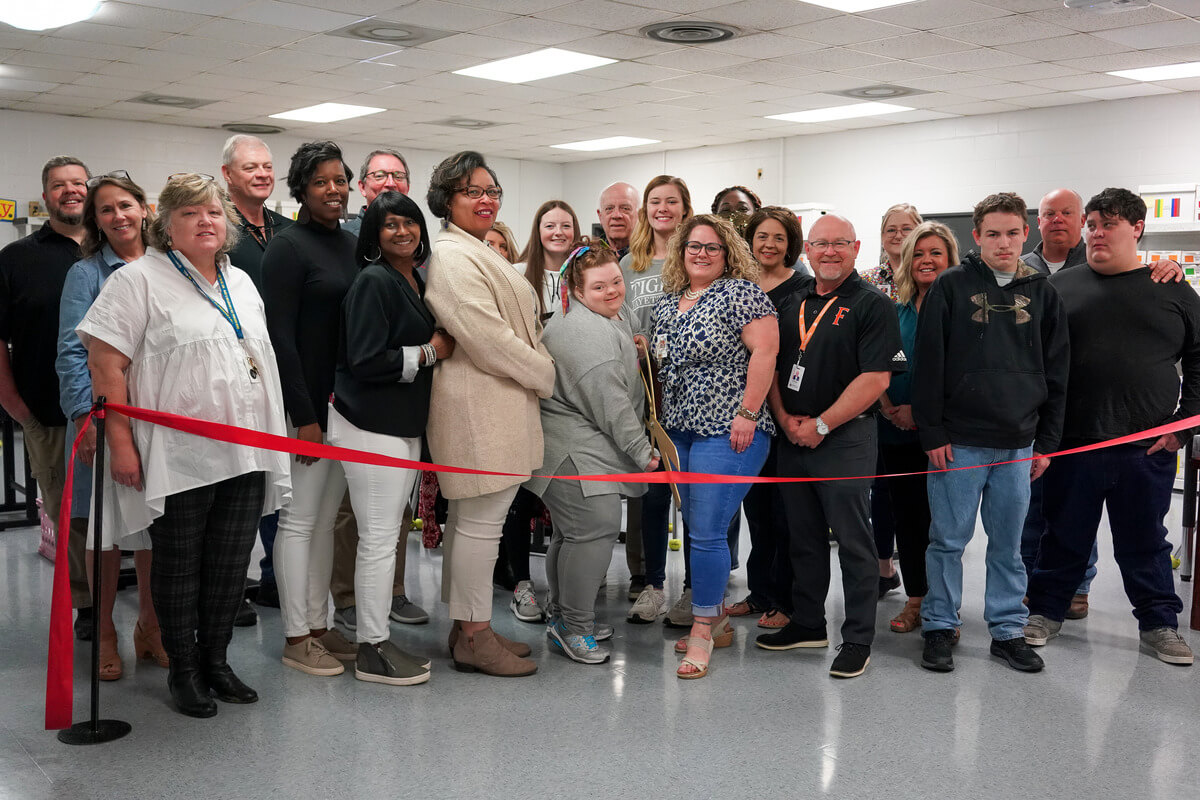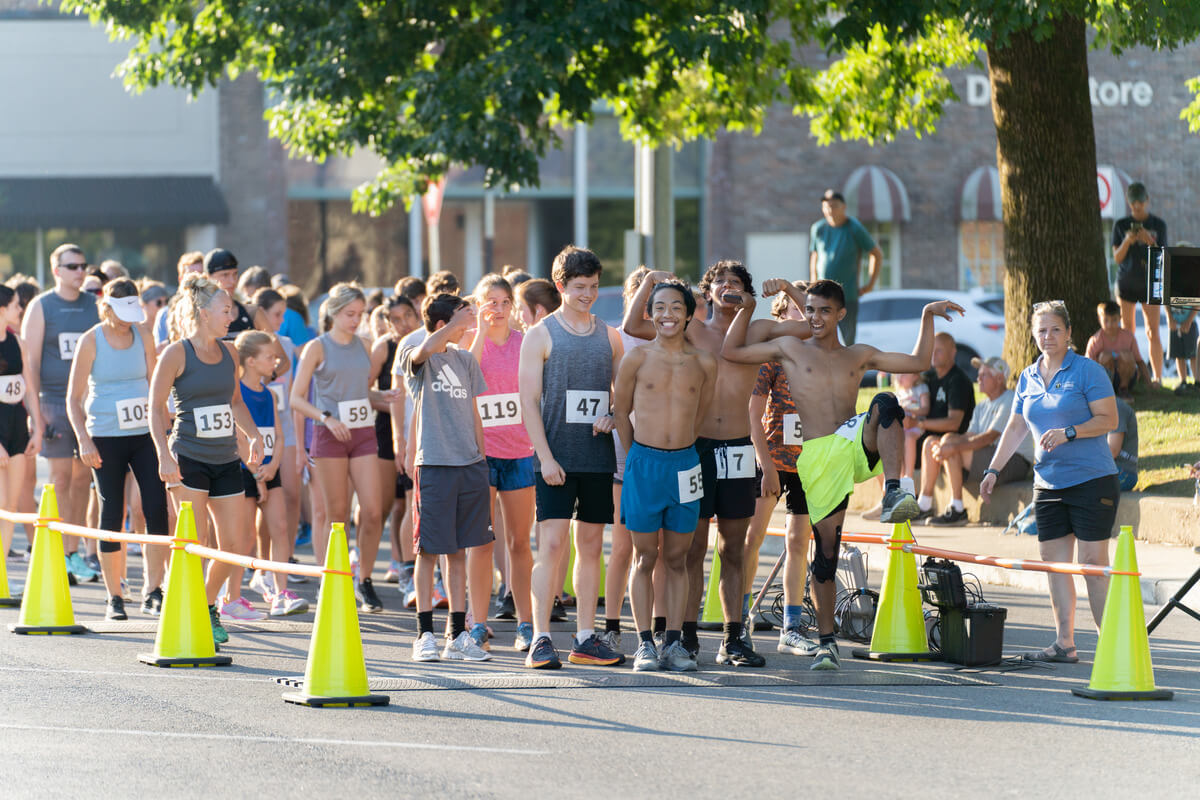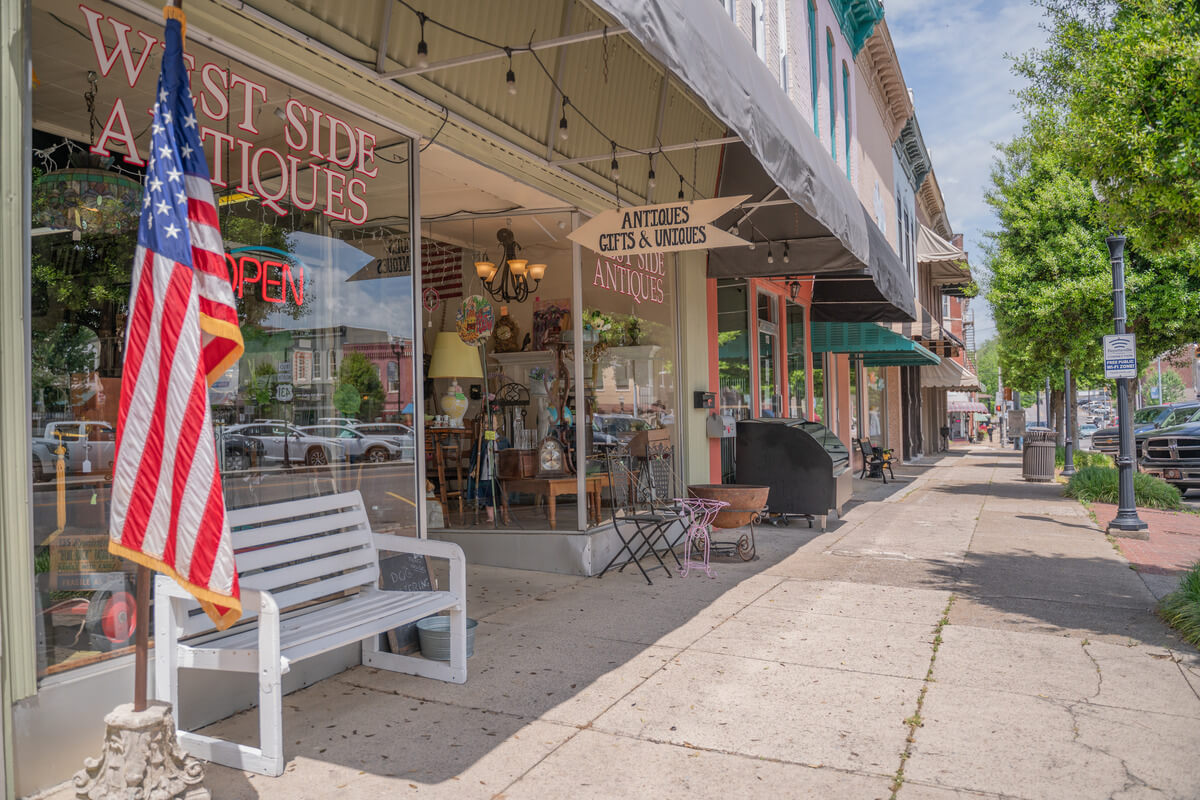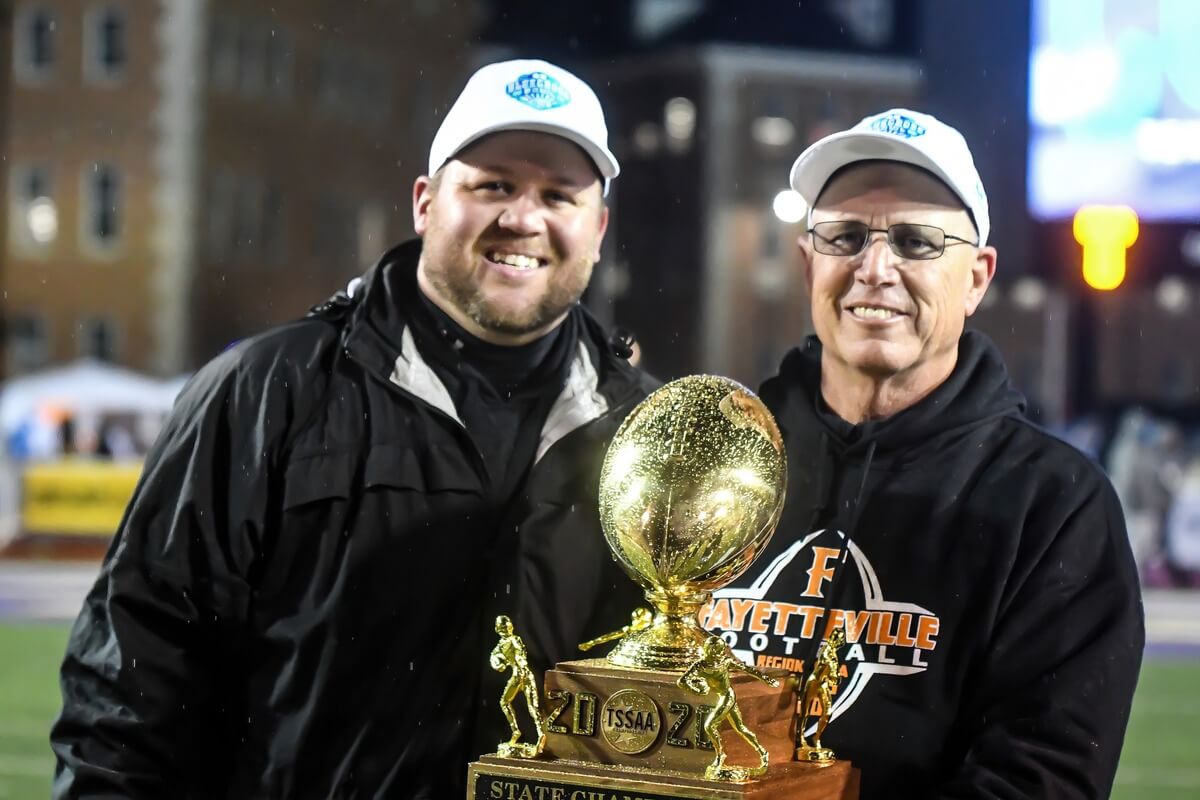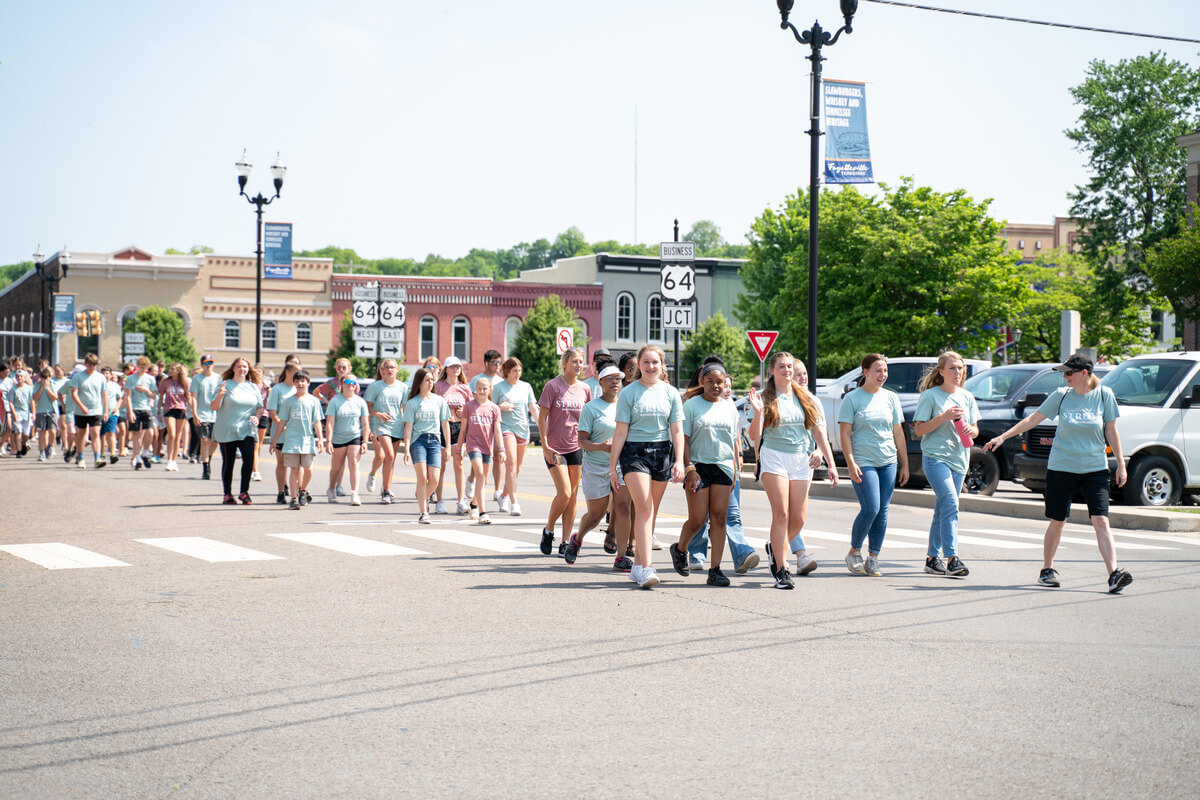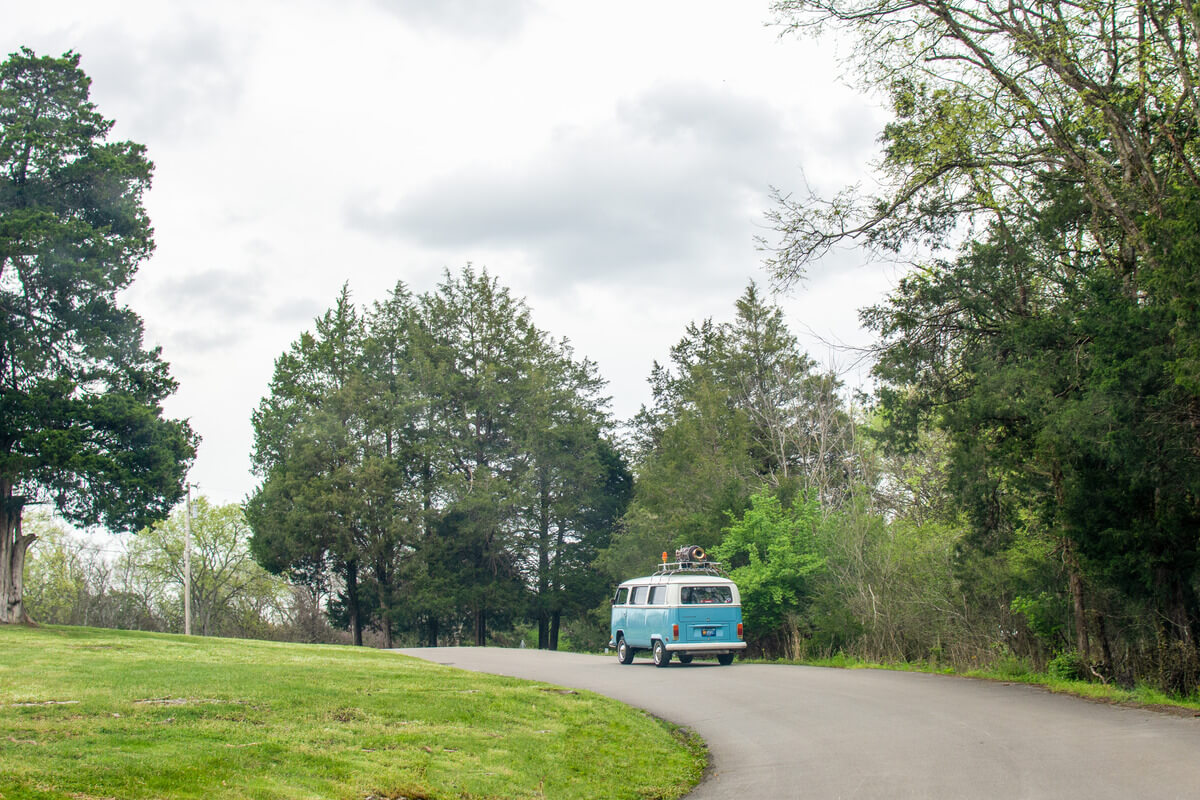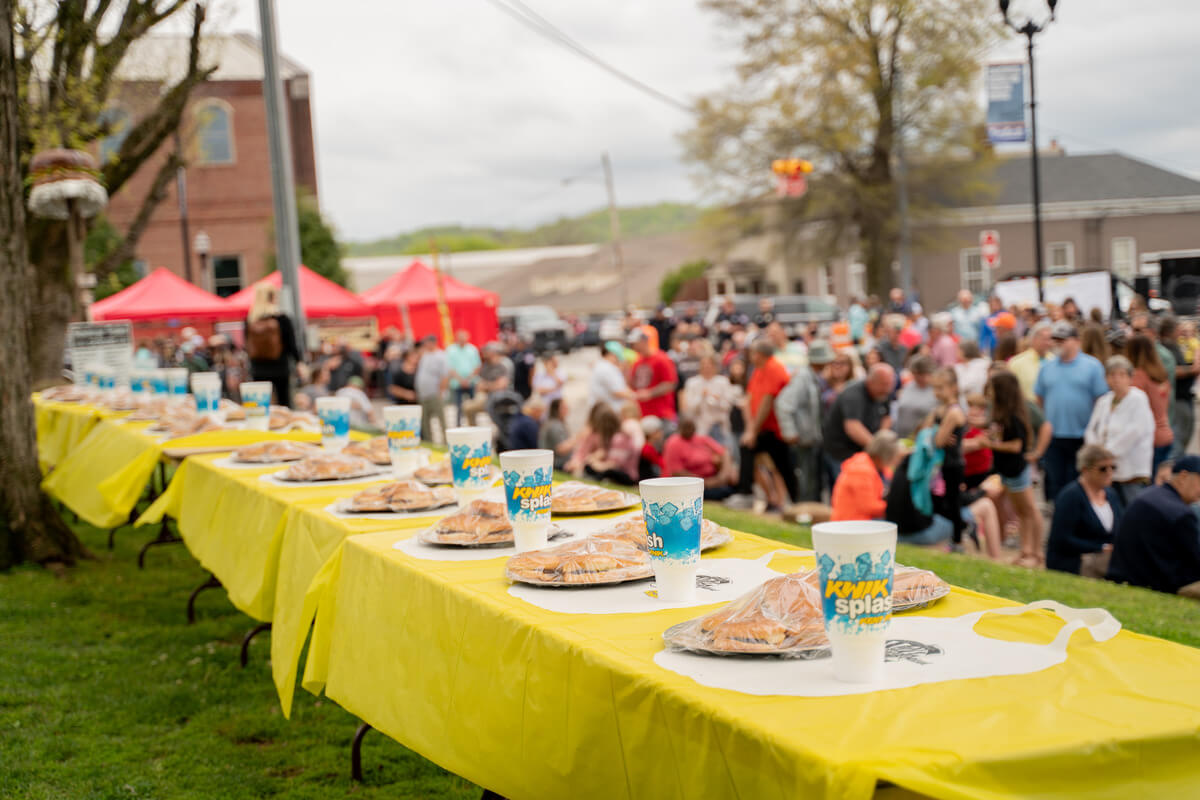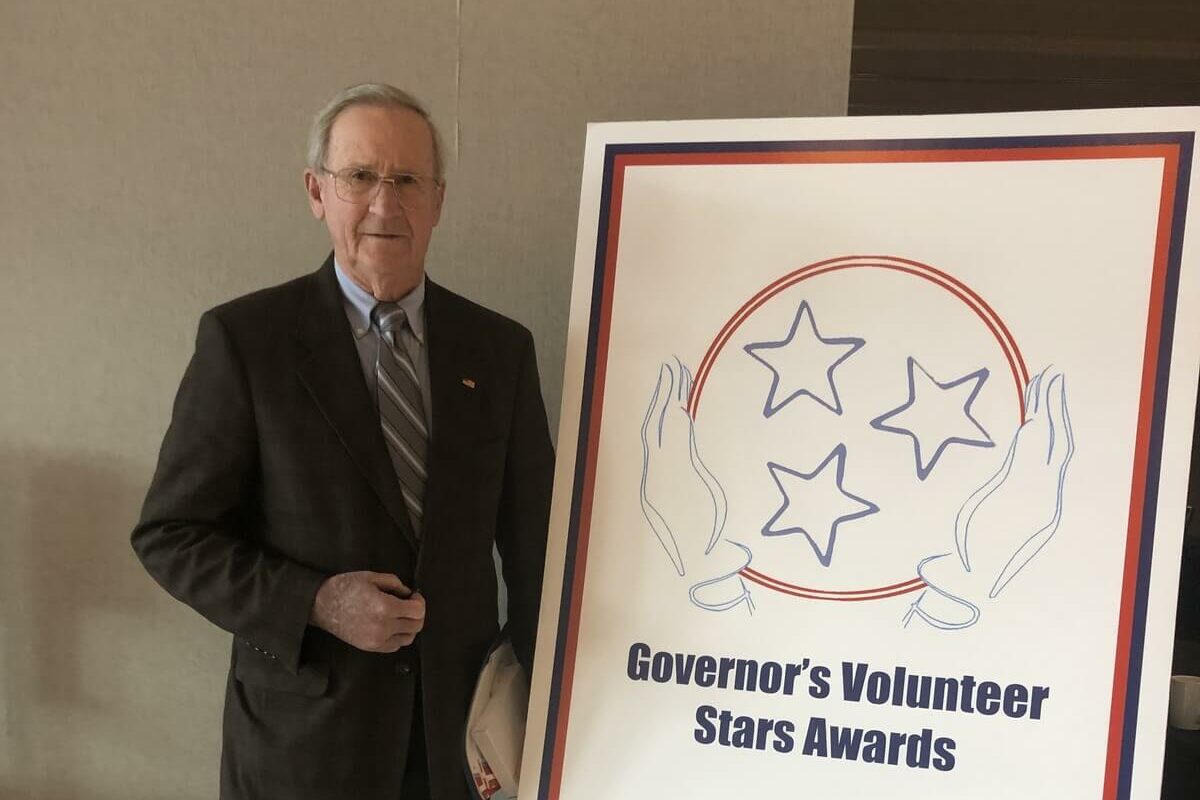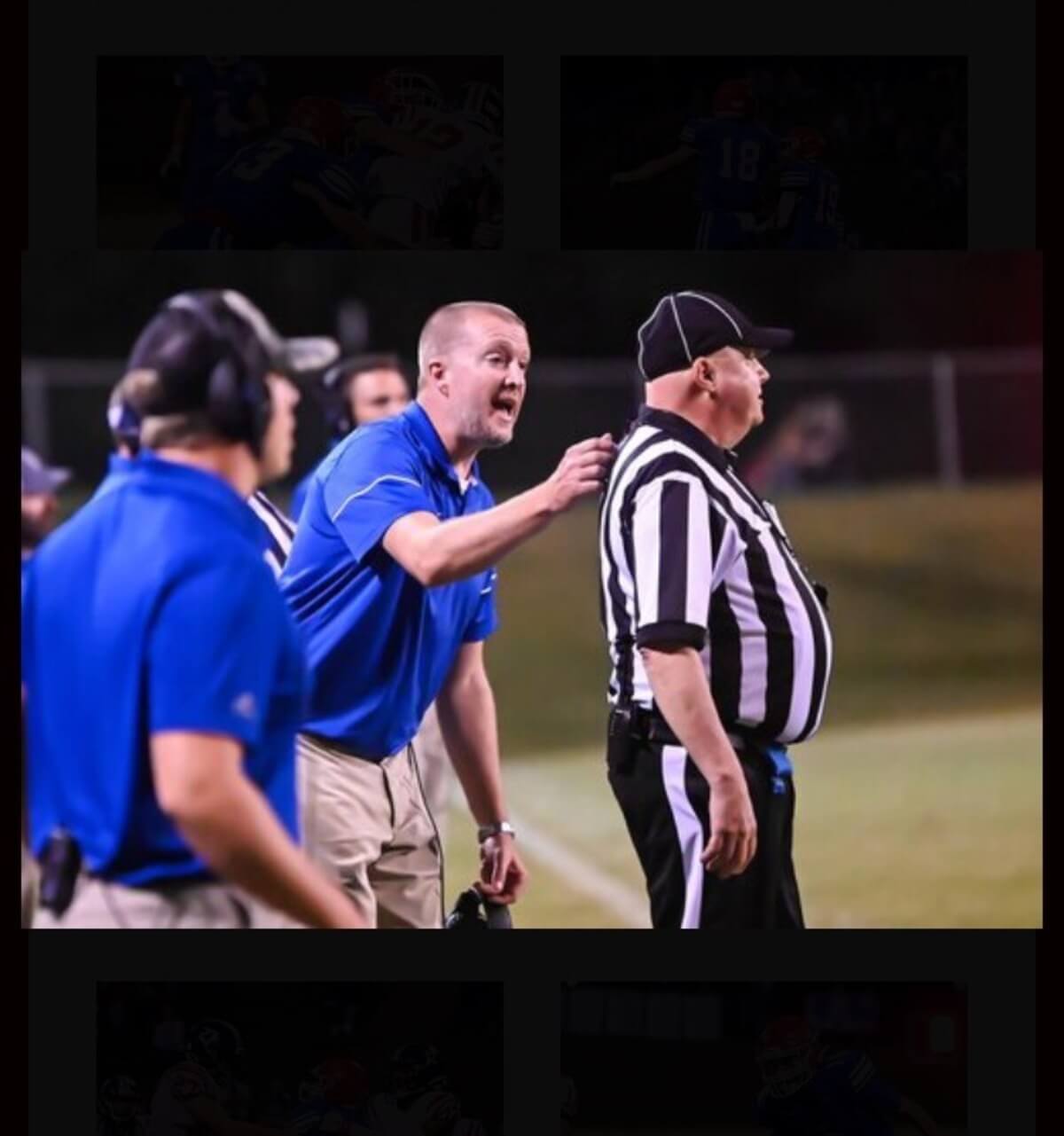MOST OF the population begins each work day with a basic understanding of the tasks that lie ahead of them. Expectations are clear, and circumstances are generally unchanging. For some, that may look like editing and updating the same spreadsheet. For others, a typical work day may consist of refilling racks or shelves or driving a routine truck route. Even those with more variables associated with their job, at minimum, have the comfort of controlled variables such as an office space that never changes. For police officers, there is no such thing as a typical or ordinary day out on patrol. There is no telling where an officer might end up on a given call and even less guarantee of what they might face when arriving at a scene.
Even a seasoned officer has a hard time pinning down and deeming anything as typical. Sergeant Tull Malone of Fayetteville has served as a deputy sheriff for 22 years, and the one commonality he could land on can be summed up in the common phrase, “expect the unexpected.”
Malone shared, “In the life of a police officer, it could be a beautiful and pretty day. Then quickly, it can turn around to be the worst day of your life. You can go from having a peaceful day, like any other normal human being, and then it can turn into the most traumatic day of your life due to seeing death and destruction.”
Malone continued, “Nobody calls you when they are having a barbecue. Nobody calls us when they are having a birthday. Everybody calls us in the worst moments of their lives. And truly, that’s a lot of what we see on a daily basis.”

The most challenging part of Malone’s role is knowing he has limitations. He shared, “Sometimes you know people are looking at you for all the answers, and you know you don’t have them. That’s hard. Other times they’re looking at you to fix things that you know you can’t fix. That’s hard too. However, any time you can help someone and do something positive, that makes for a great day.”
Helping people is what makes the doom and gloom associated with the job not seem so dark and all-encompassing. There are a lot of rewarding aspects of being a first responder. Malone recalled a memory of one of the first calls he ever went on as a reserve officer. He said, “There have been many good times just helping people out. When I first knew that this was what I wanted to do, I was in the posse (a program now known as the Sheriff’s Reserve). We stopped and helped an elderly lady, on a call, because her hot water heater was leaking. She was upset because the garage was flooded, and water was on everything else. She didn’t know what to do so we shut the water off, and it was like the best thing in the world we could ever do for her. That was when I knew that this was what I wanted to do. That interaction confirmed
it for me.”
On the more emotionally taxing days as a deputy sheriff, Malone shared his reasoning for putting on his uniform again, day after day. He said, “I’m just looking for the next person I can help. One of the main reasons I do this is my love for my community, my county. I’ve always been a homeboy. I’ll always be a Lincoln County boy. And that’s why I do this, to serve people in Lincoln County.”
However, Sergeant Malone and his fellow officers could use our community’s help and support. After over two decades of service on the force, Malone’s main request regarding the community would be to have patience with him and his fellow officers. He shared, “In my 22 years, I’ve gone from people being courteous and kind and glad to see us to them having absolute disdain for us even before we say a word. I just want people to know that we are here to help, and we appreciate their patience with us.” Patience can go a long way. With all that police officers and first responders put on the line to serve and protect us and those we love, let’s say thank you by showing our gratitude by practicing simple patience for the men and women in blue. GN




